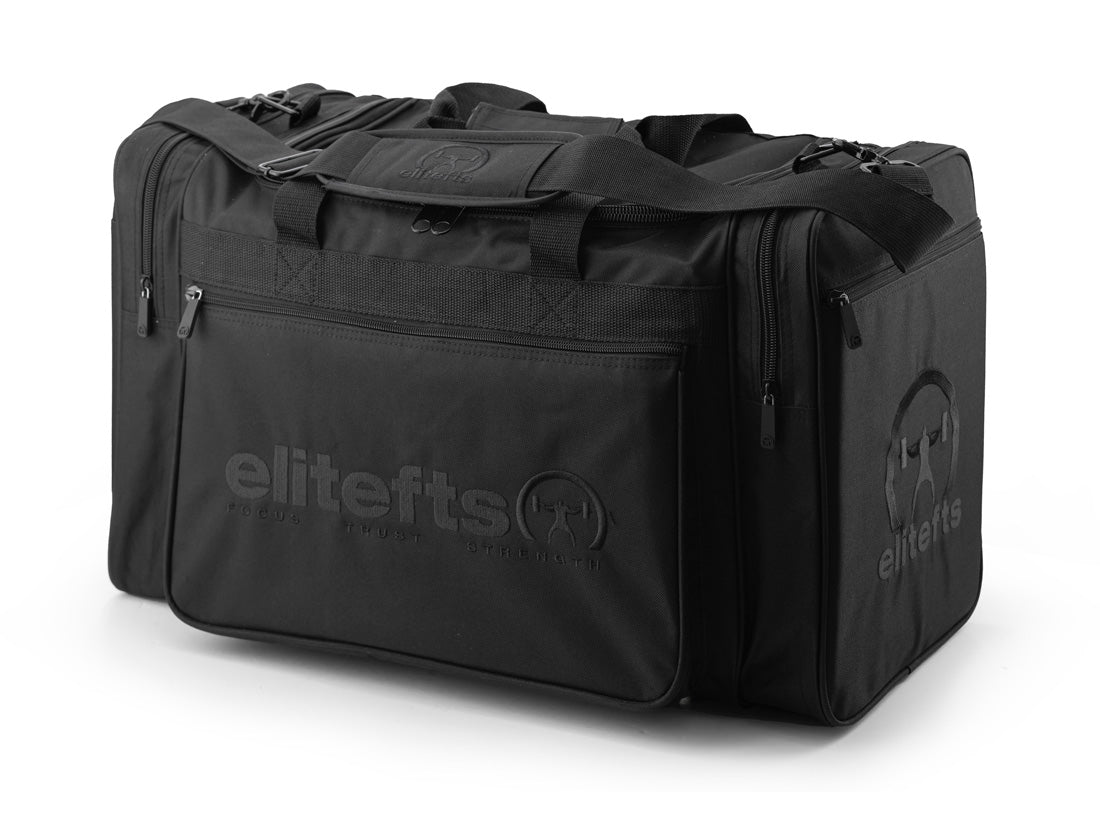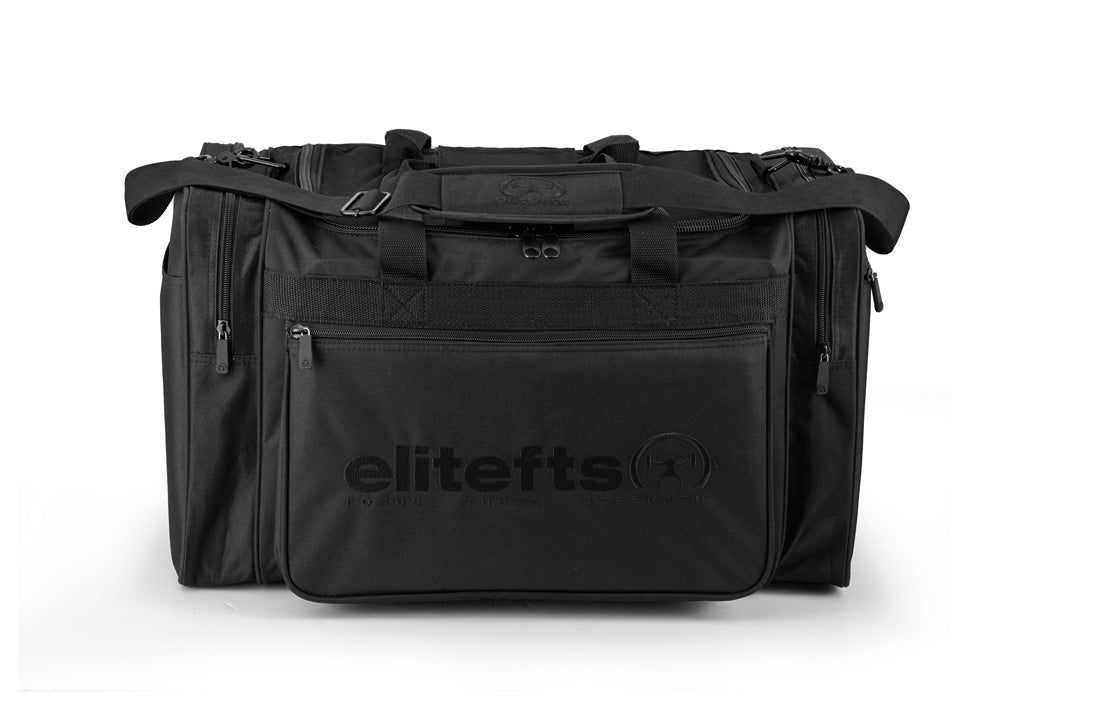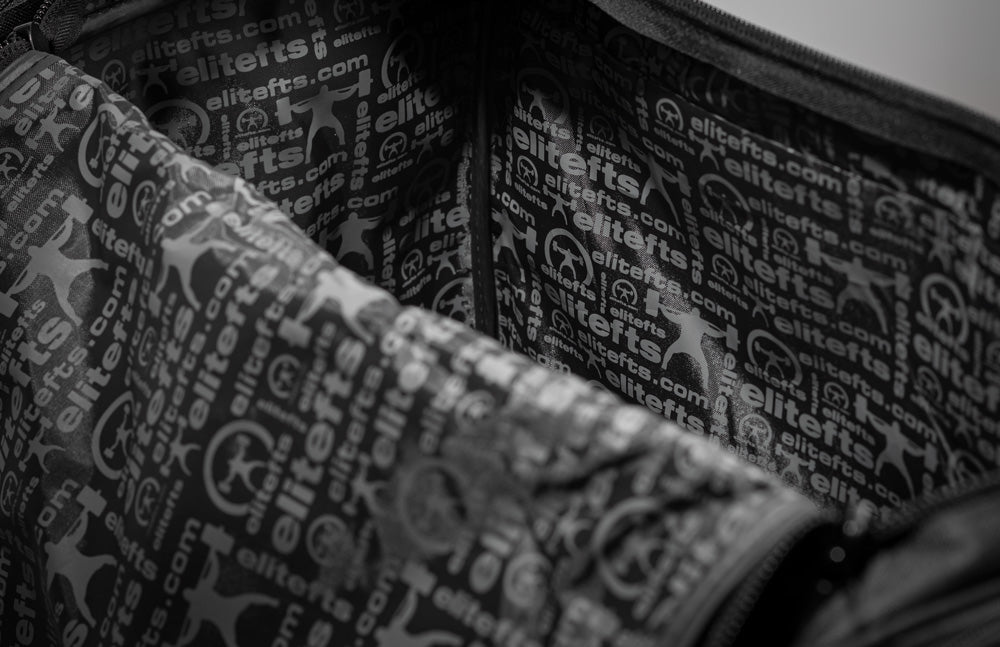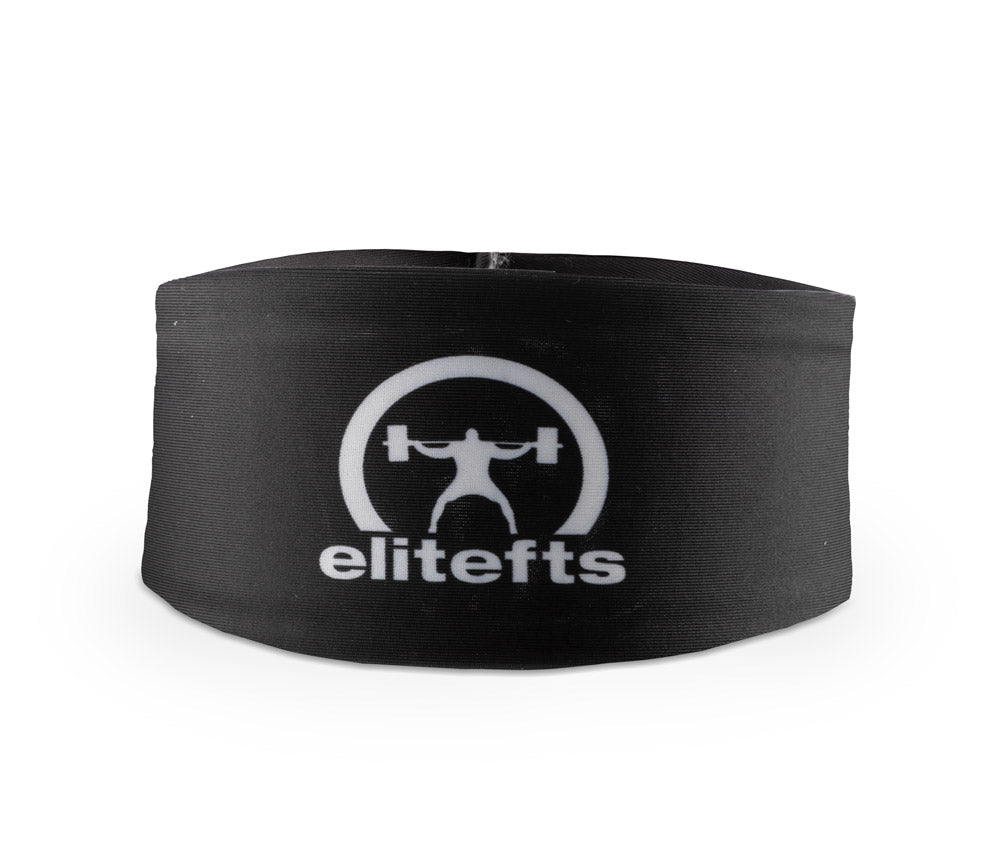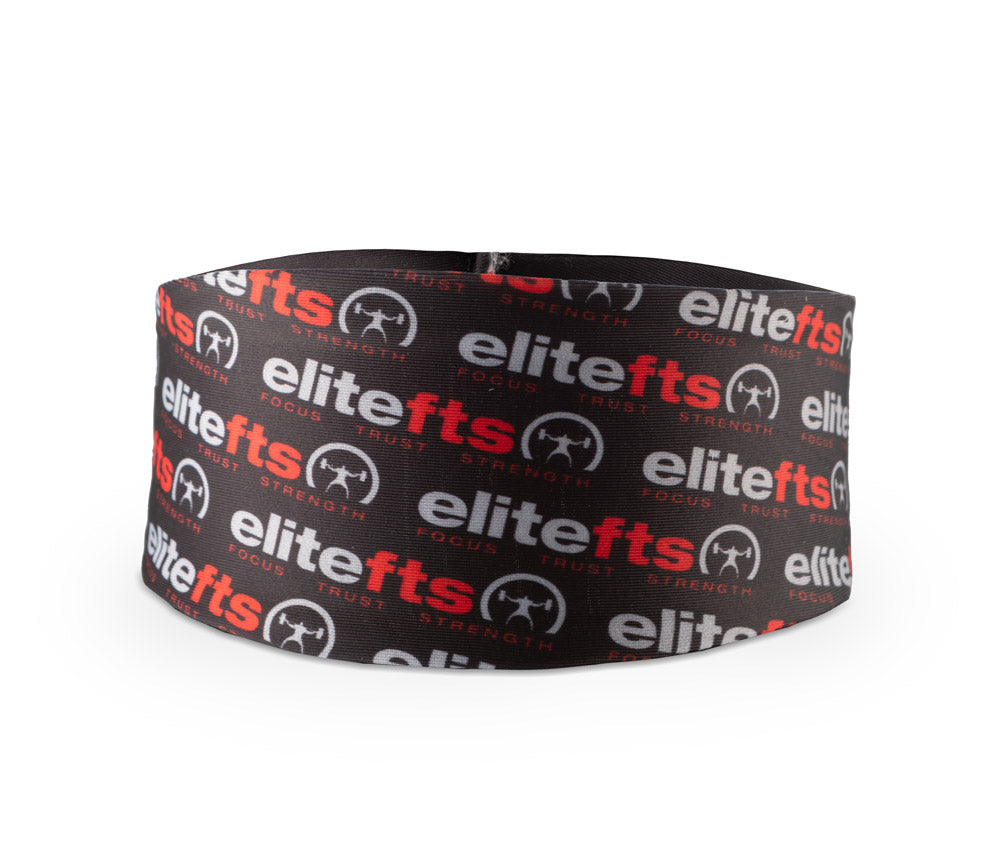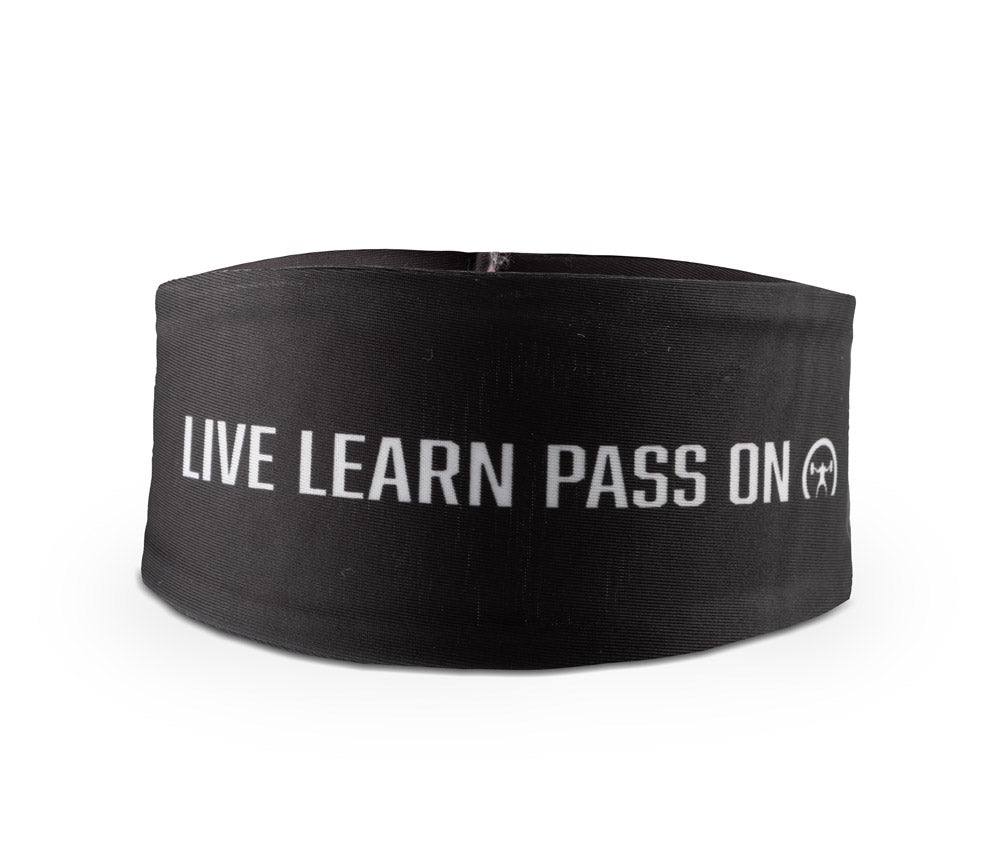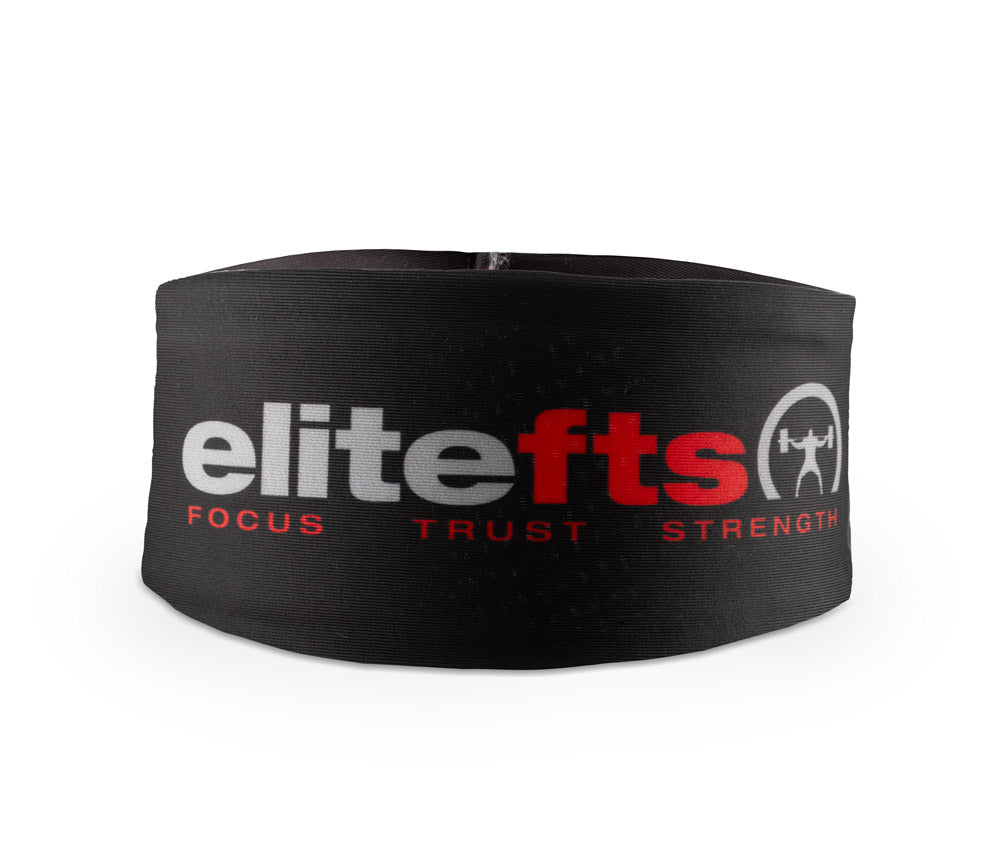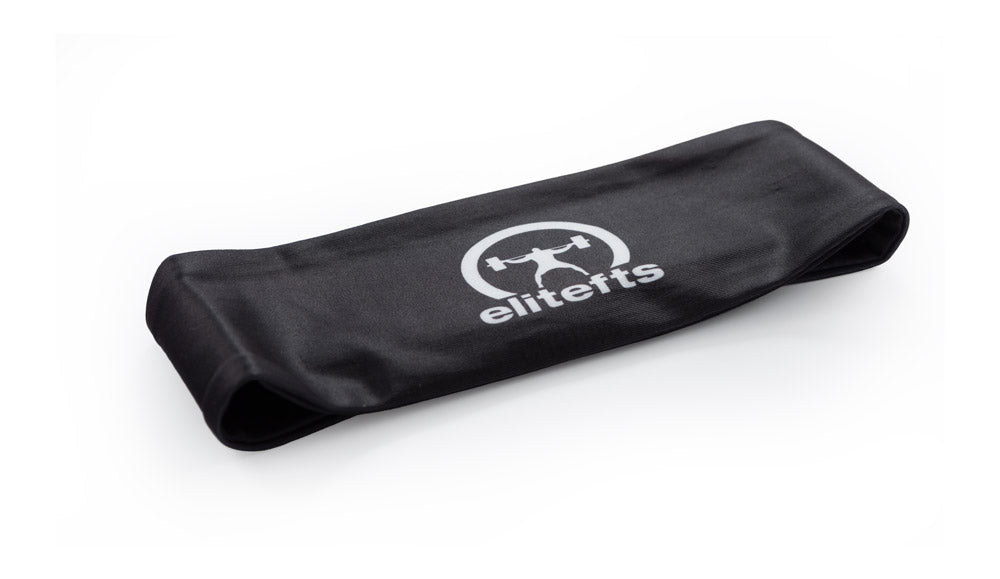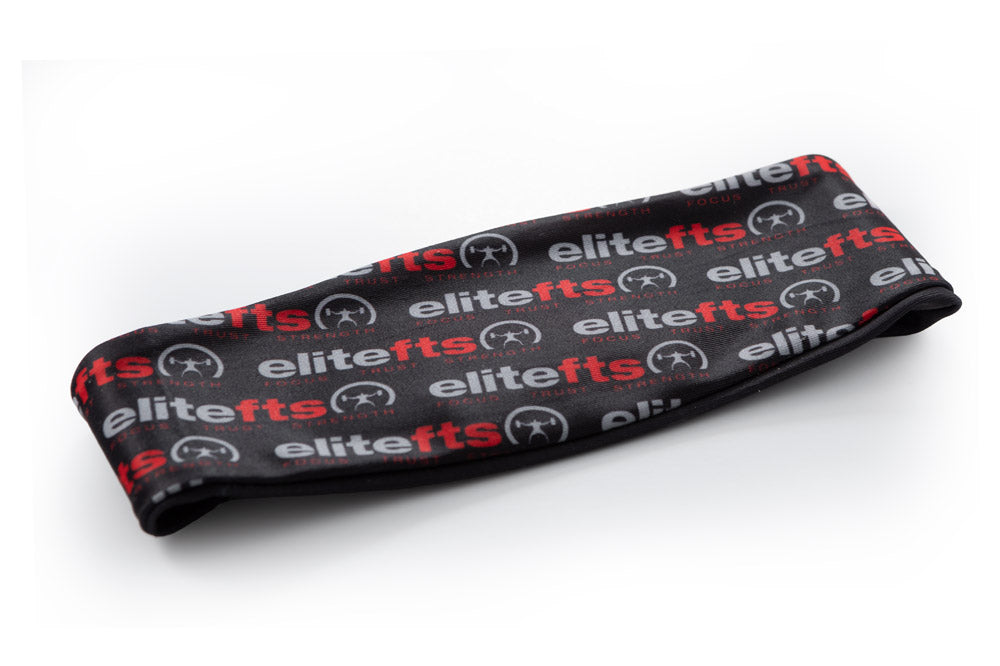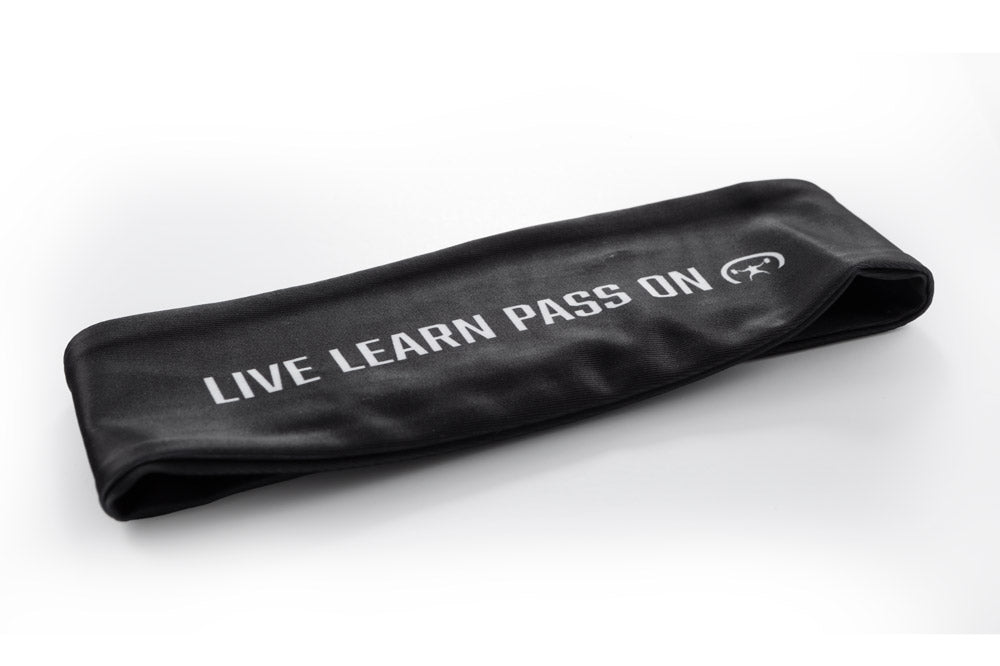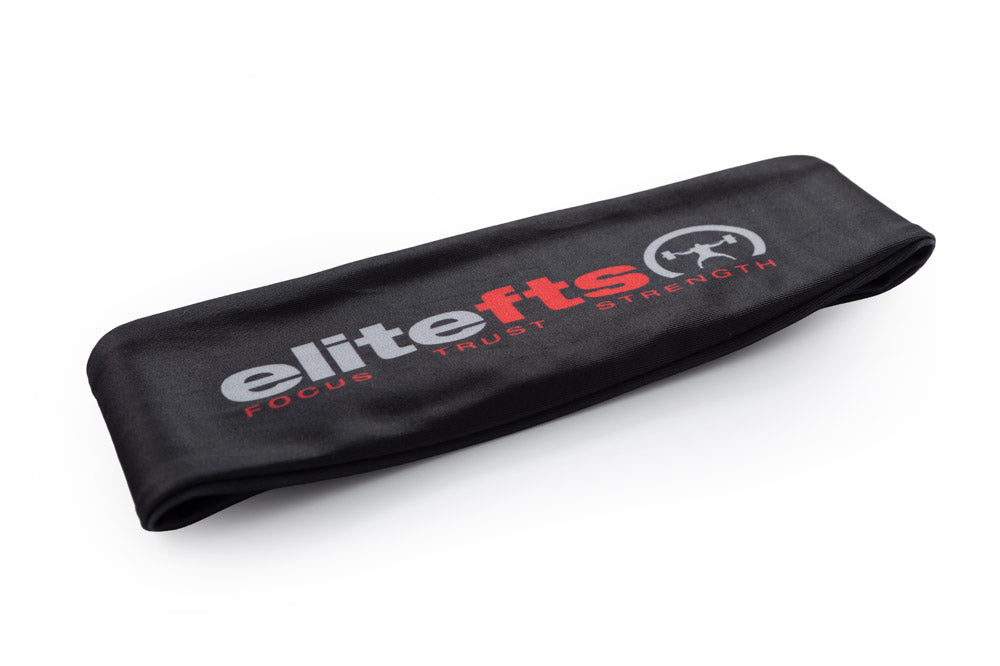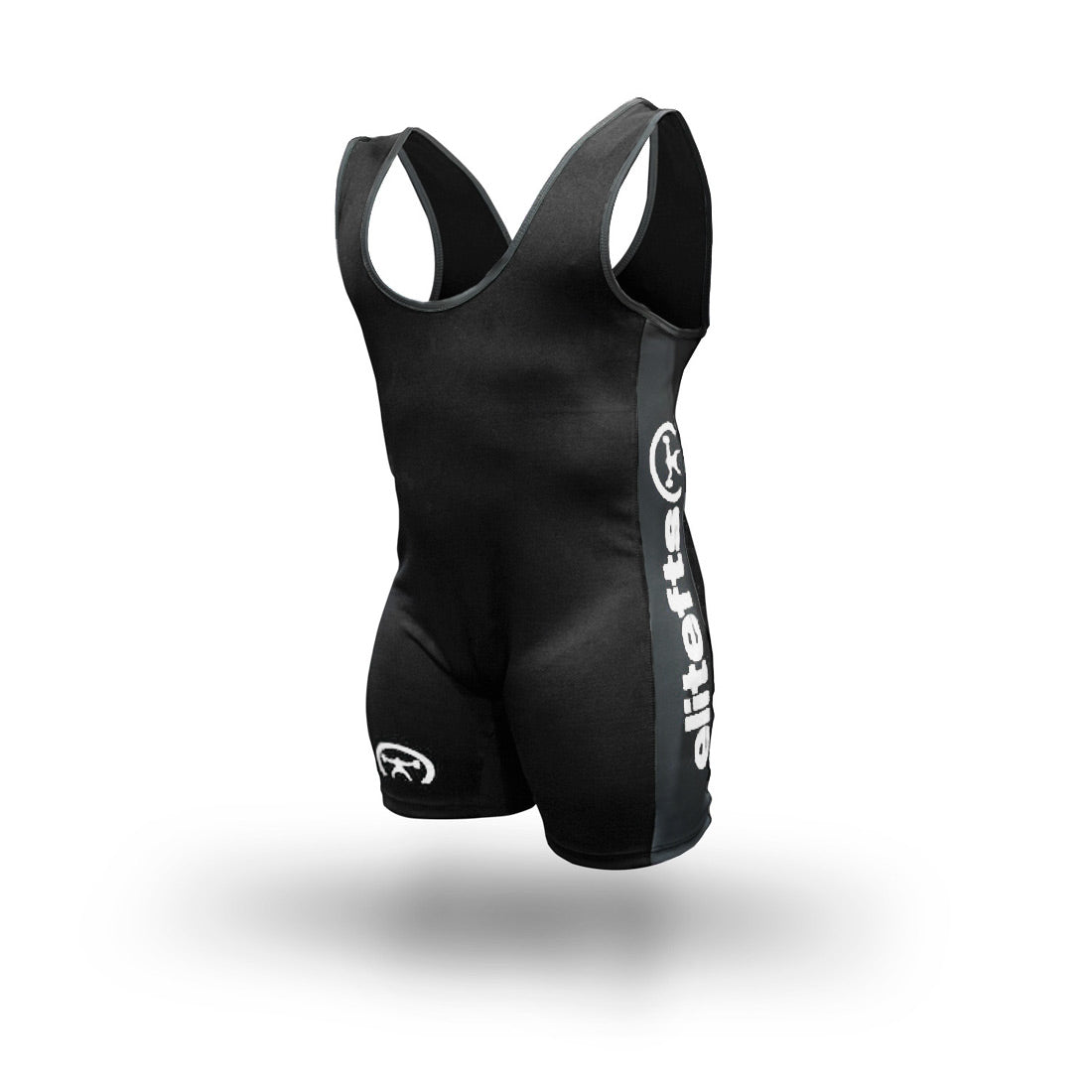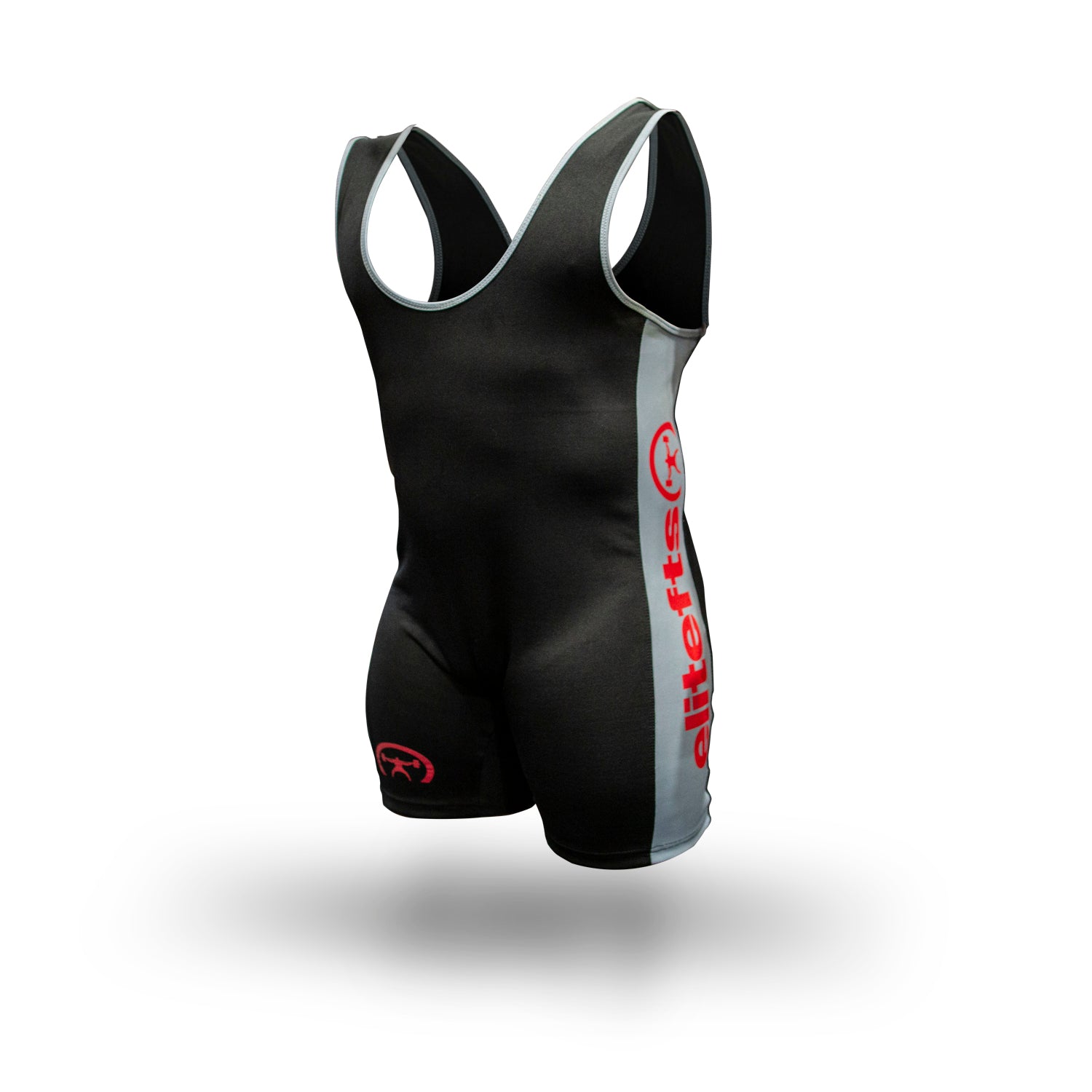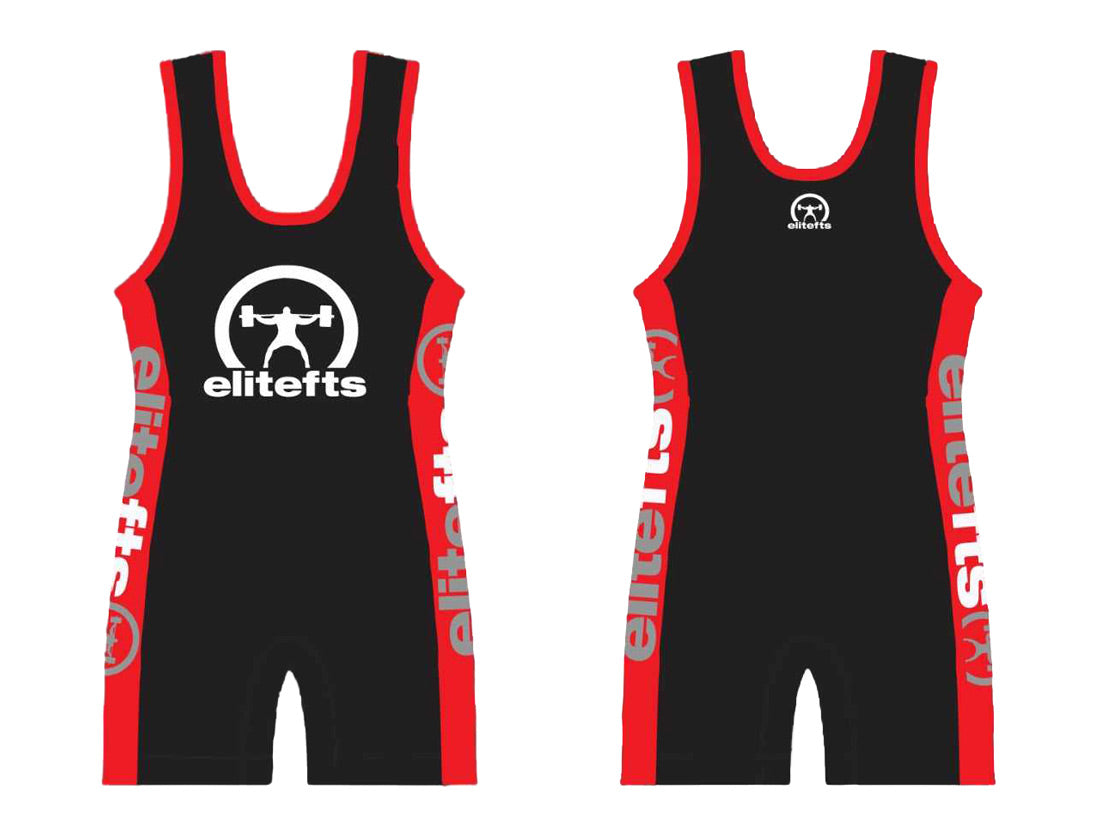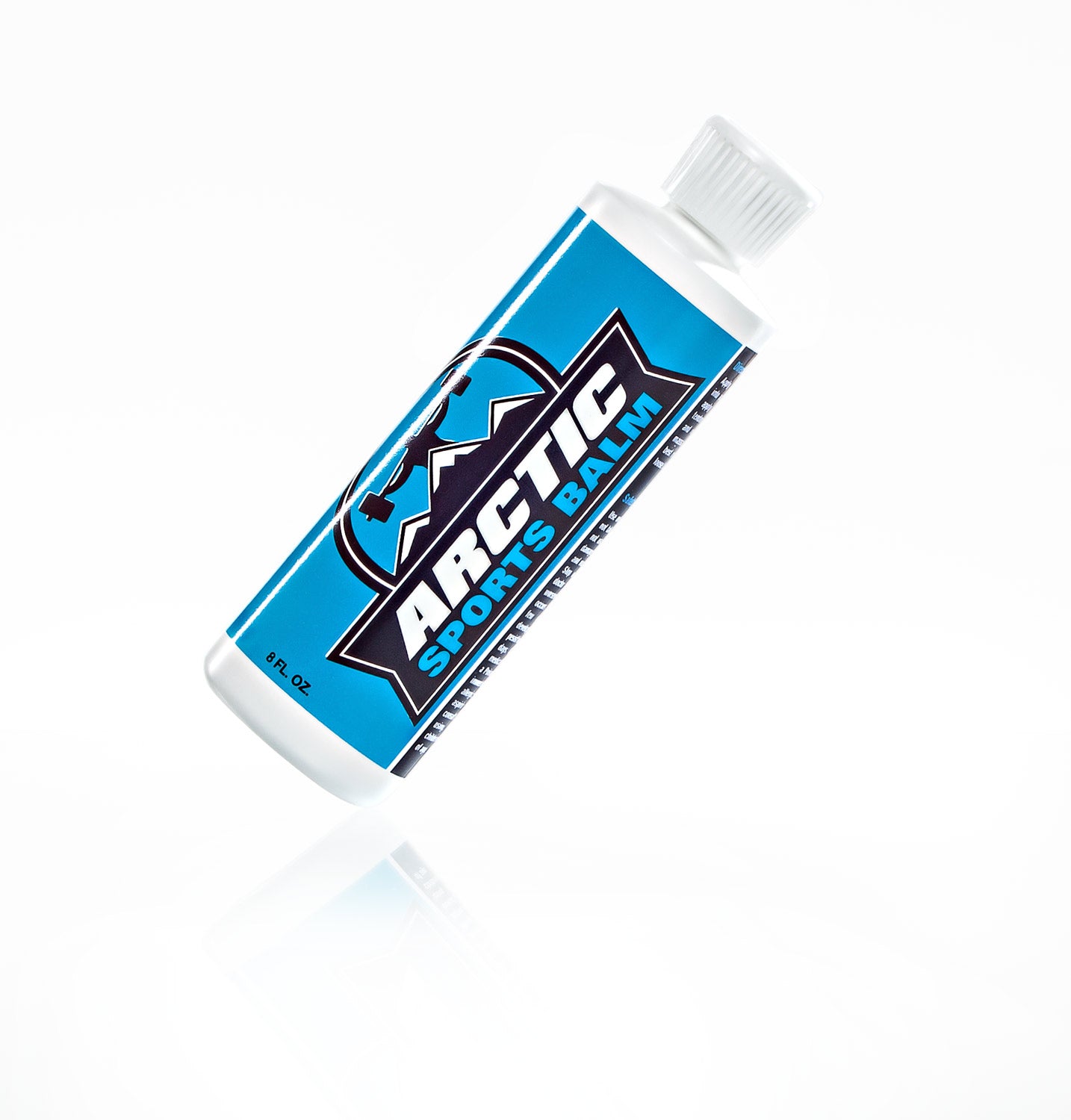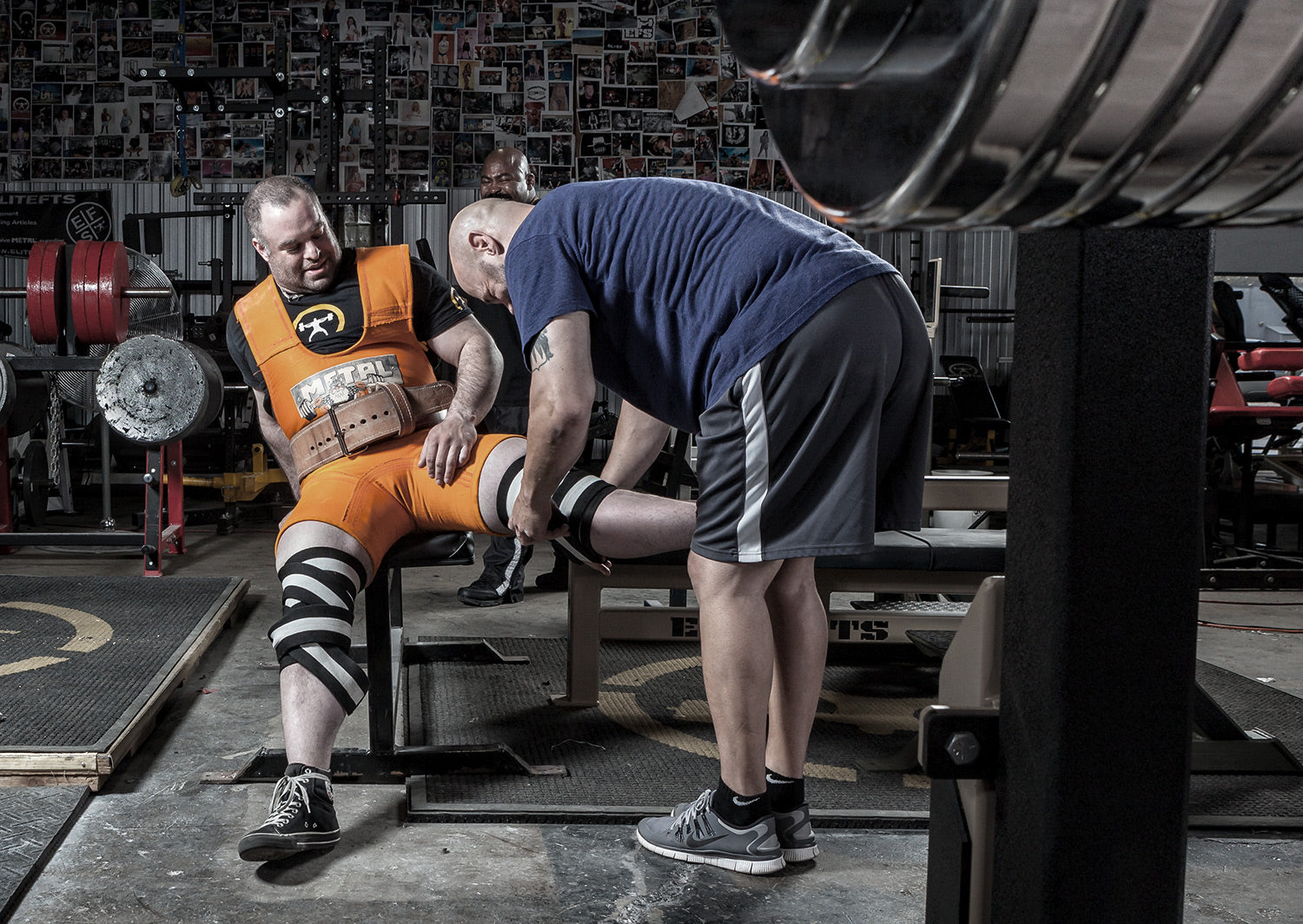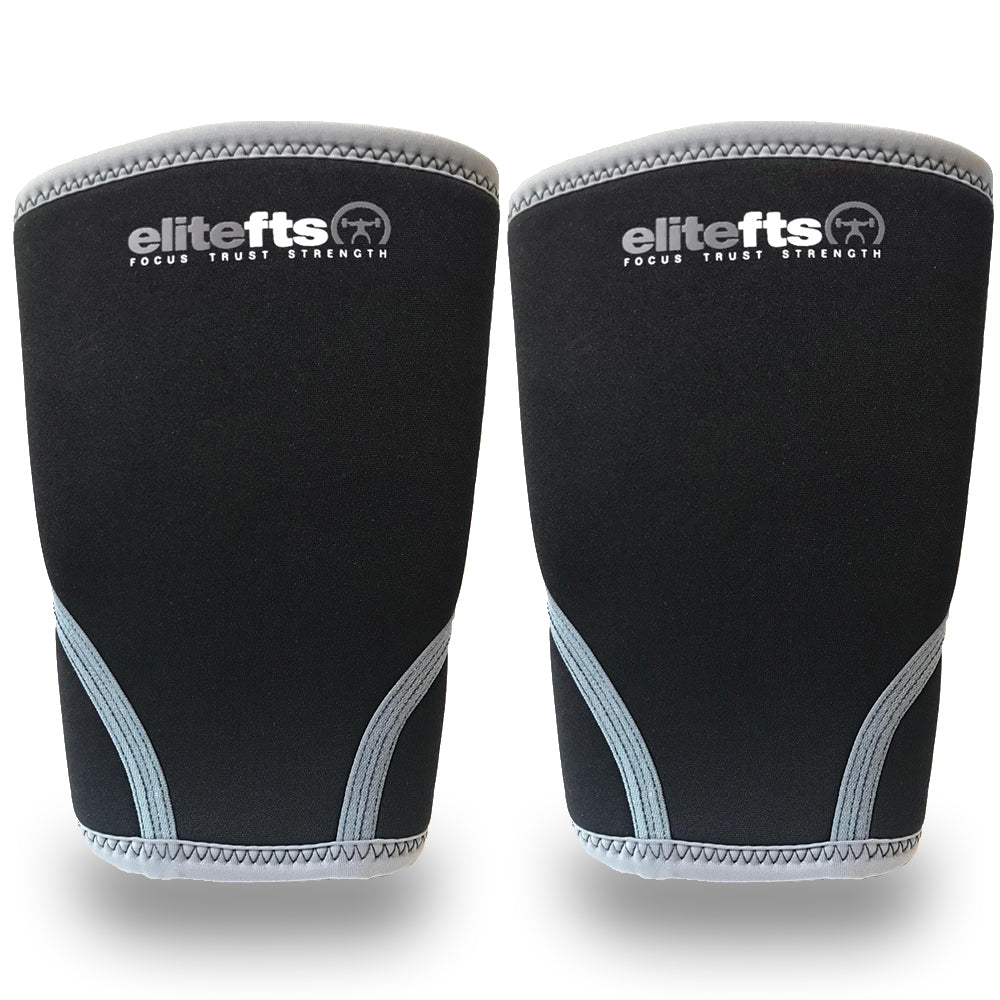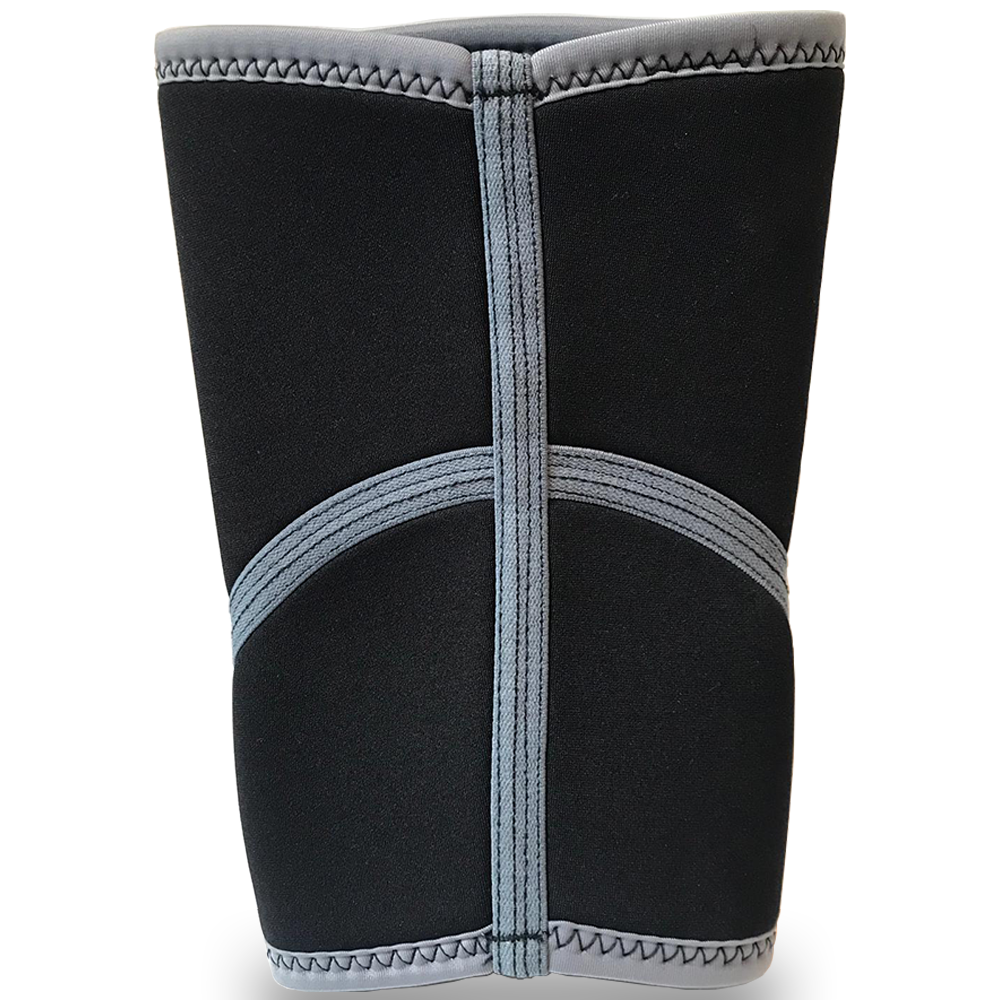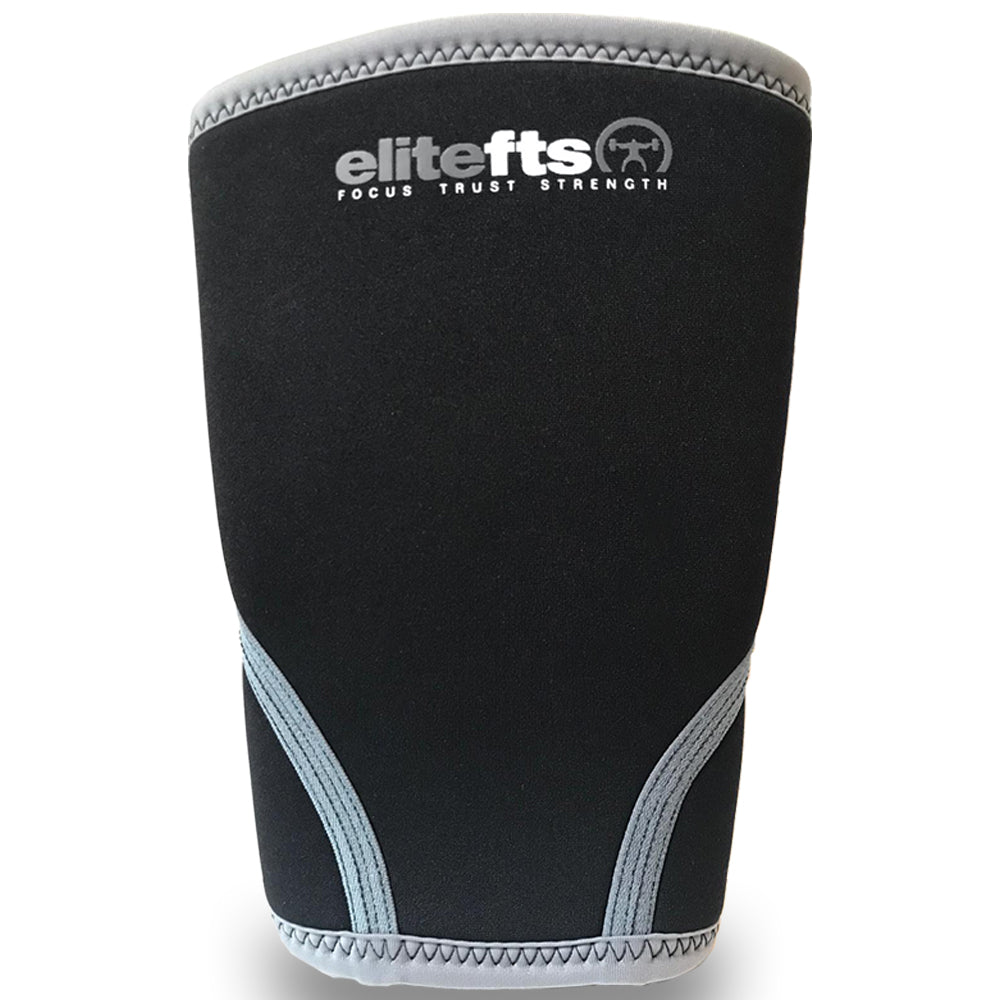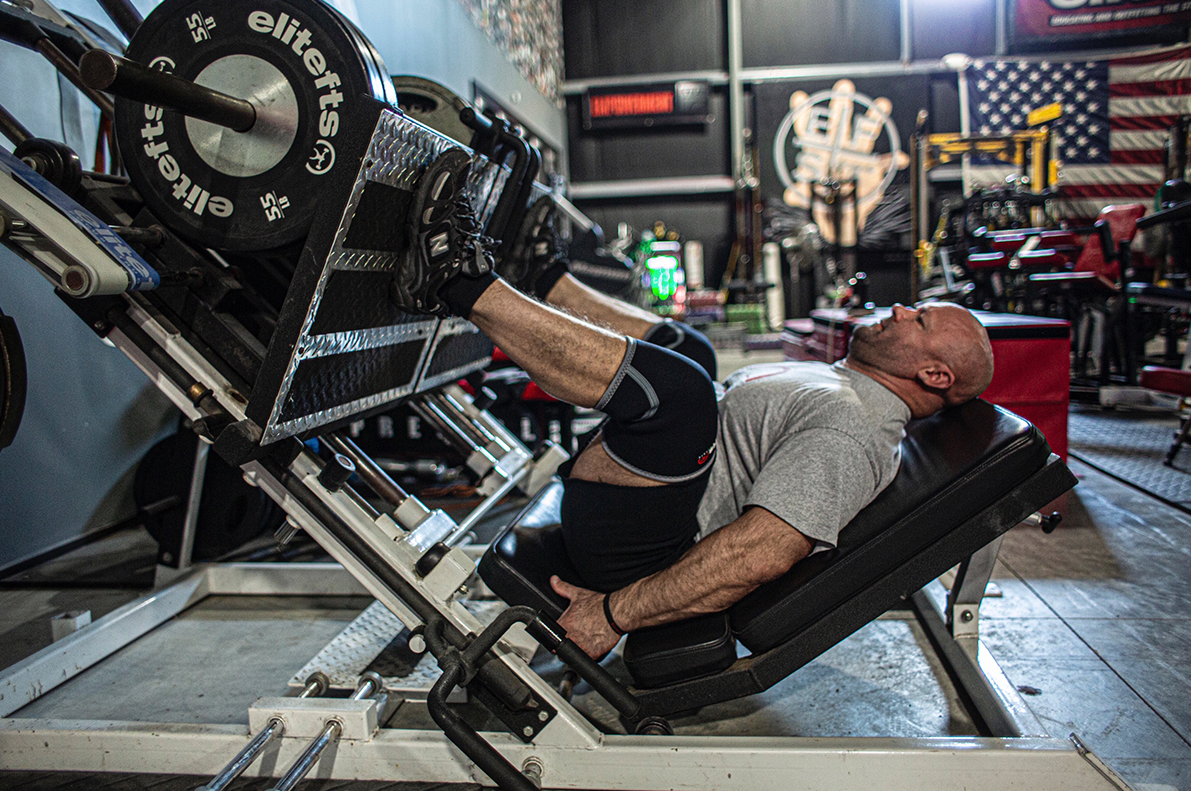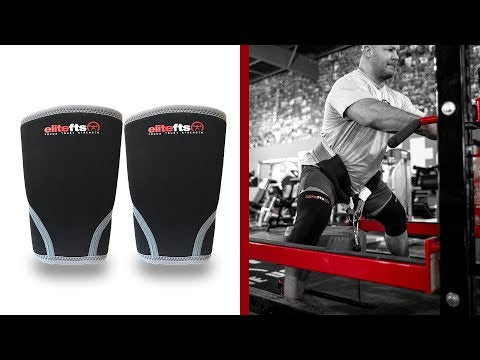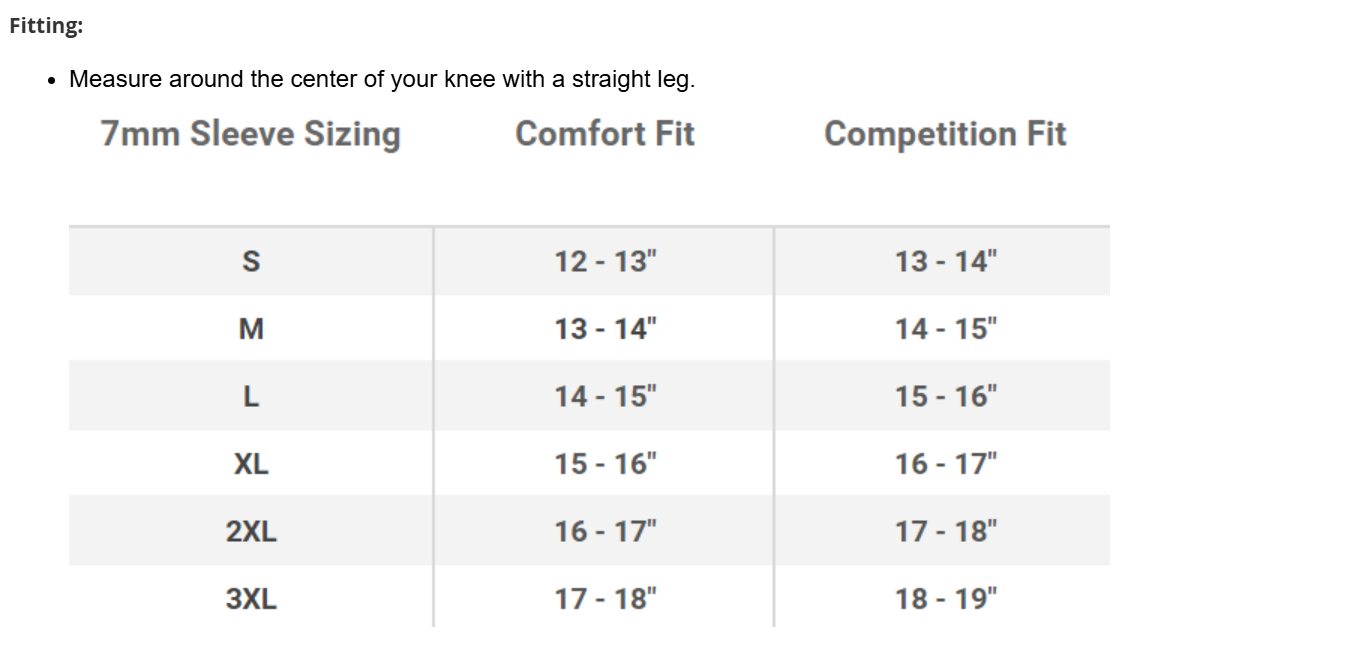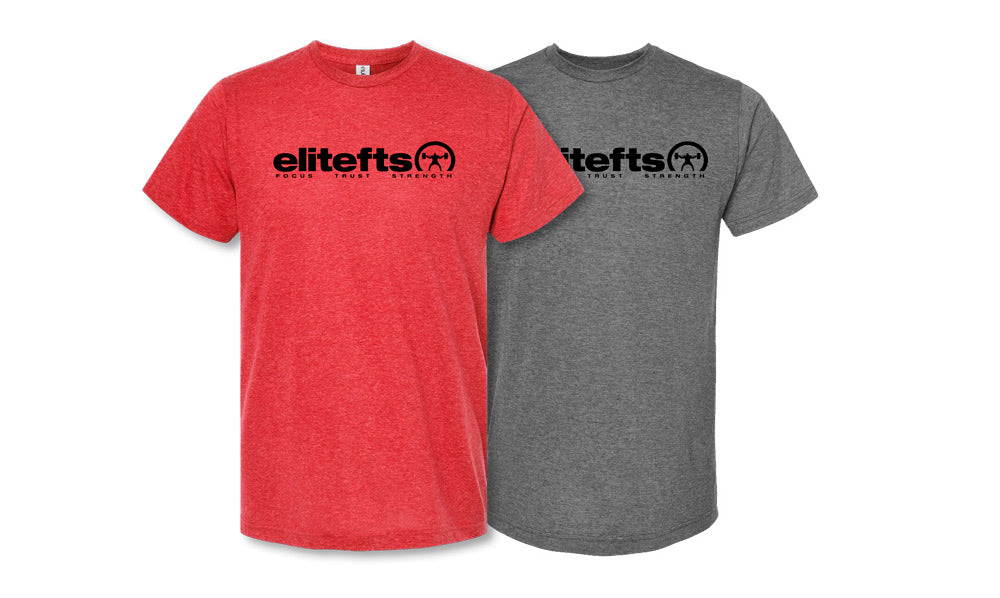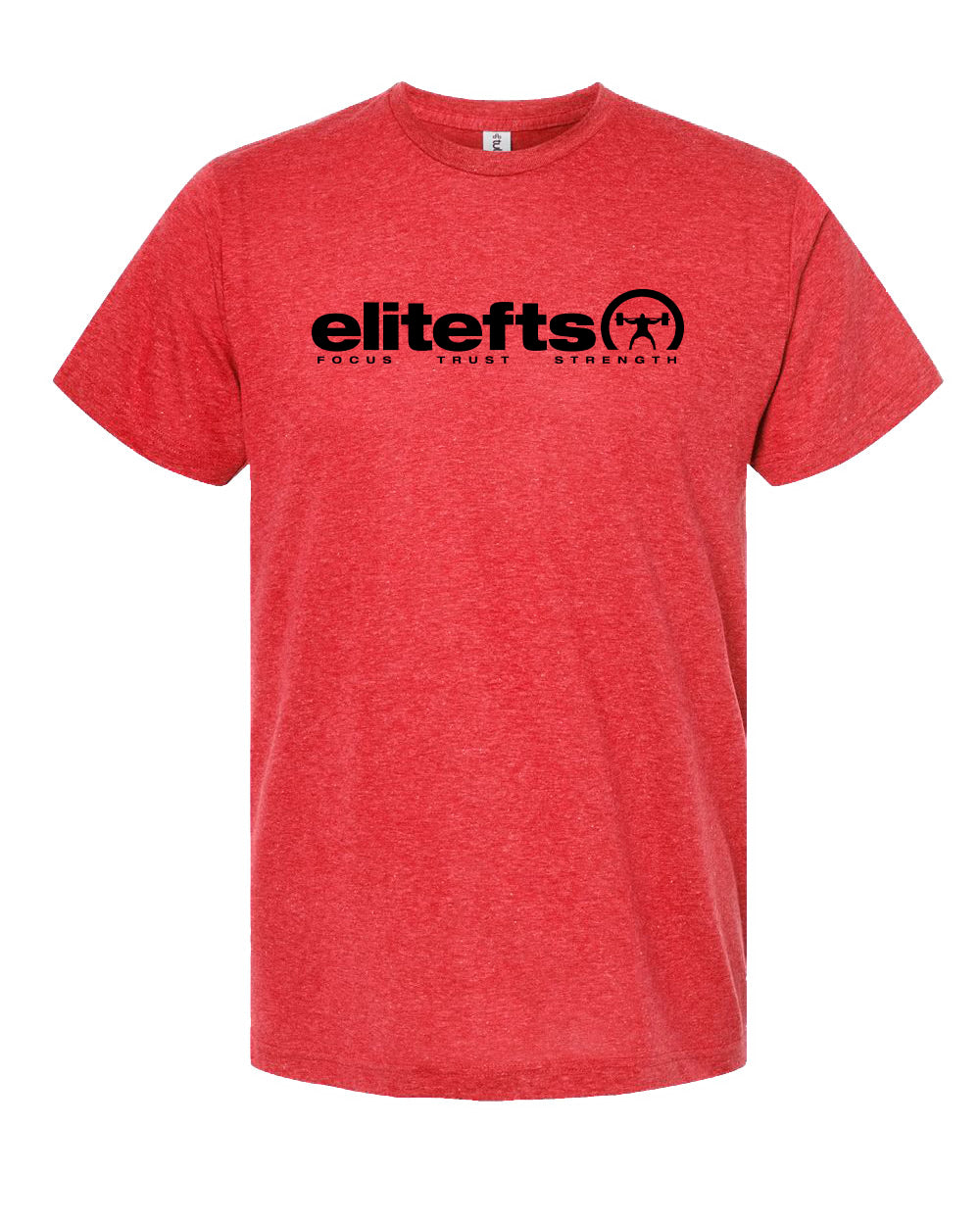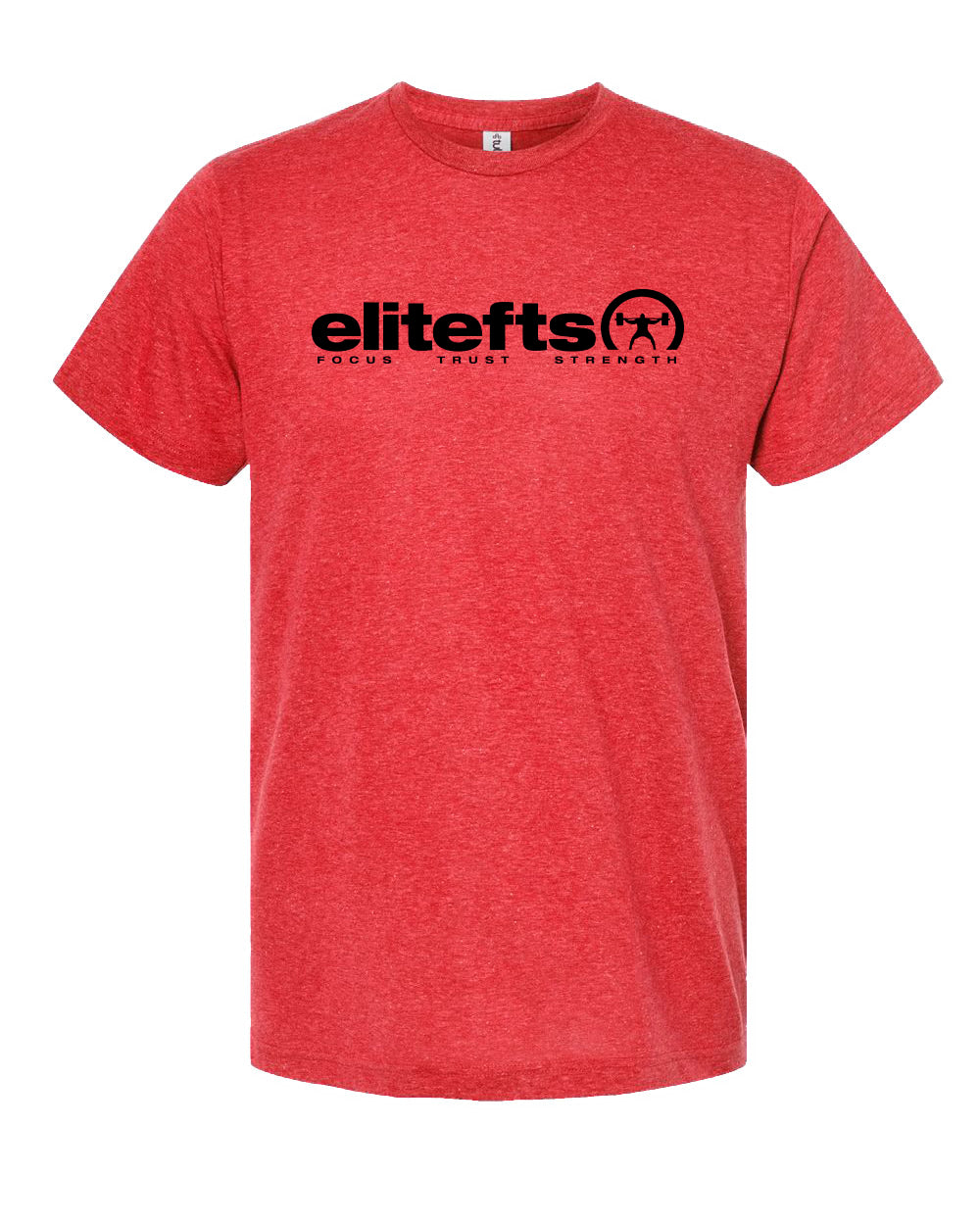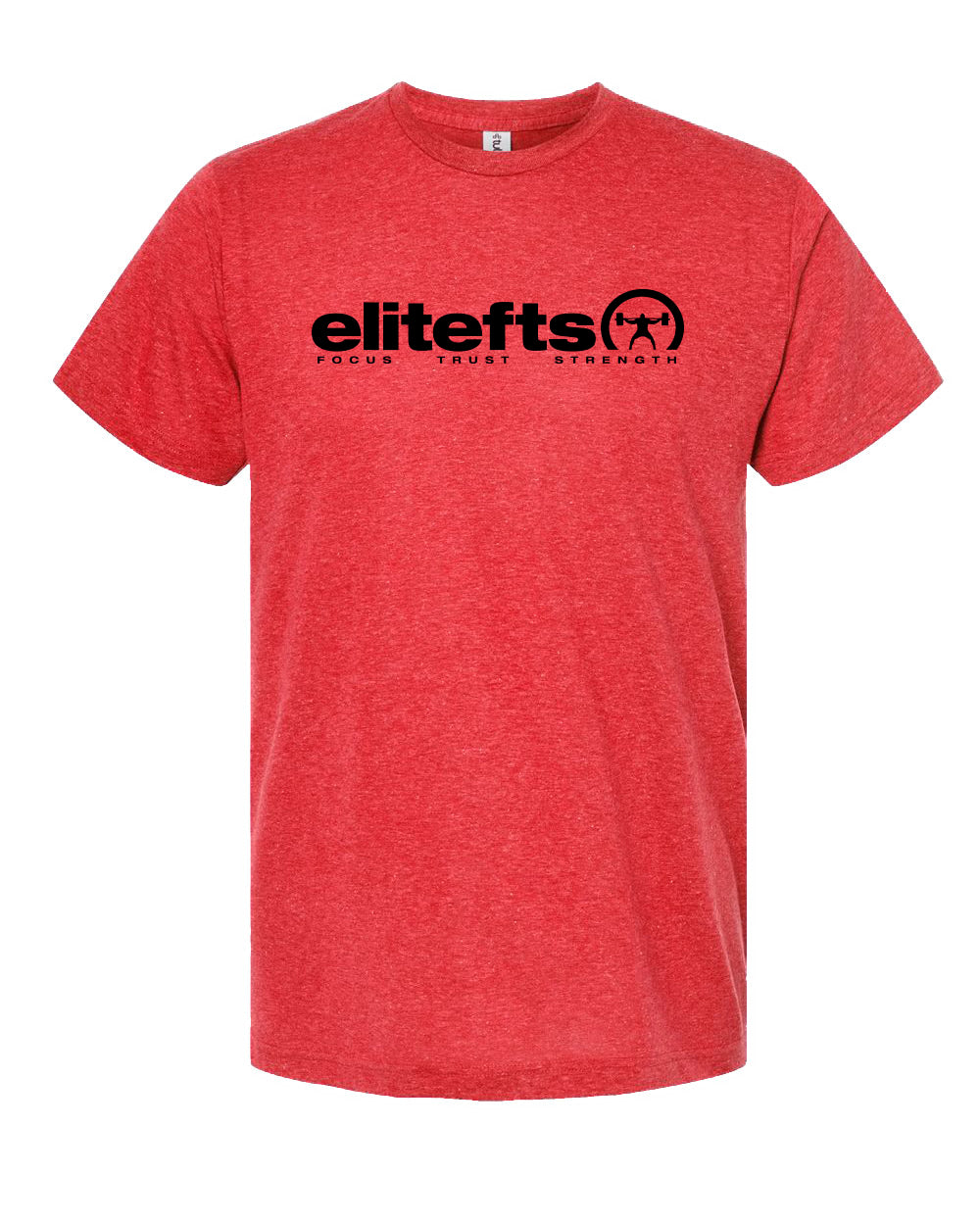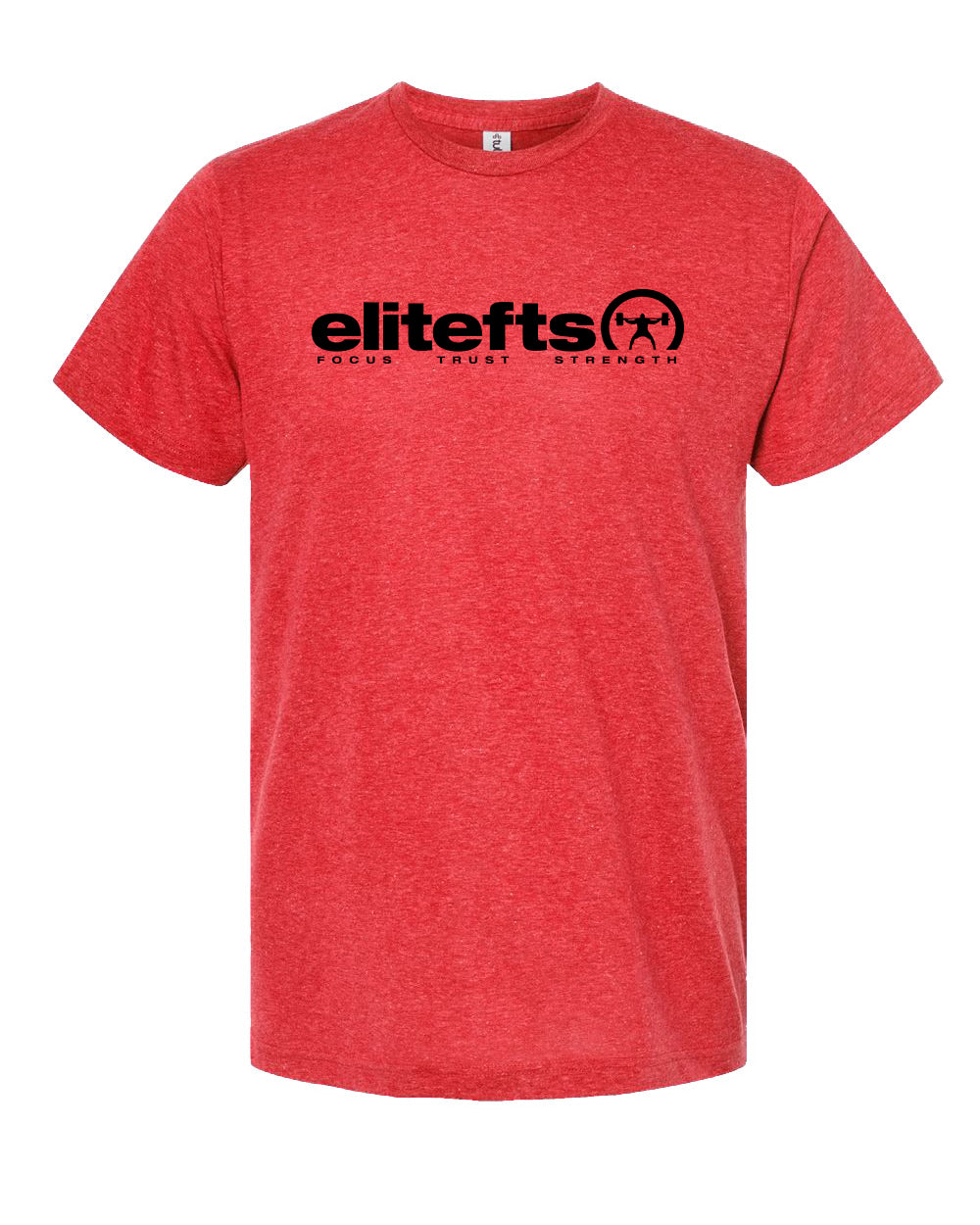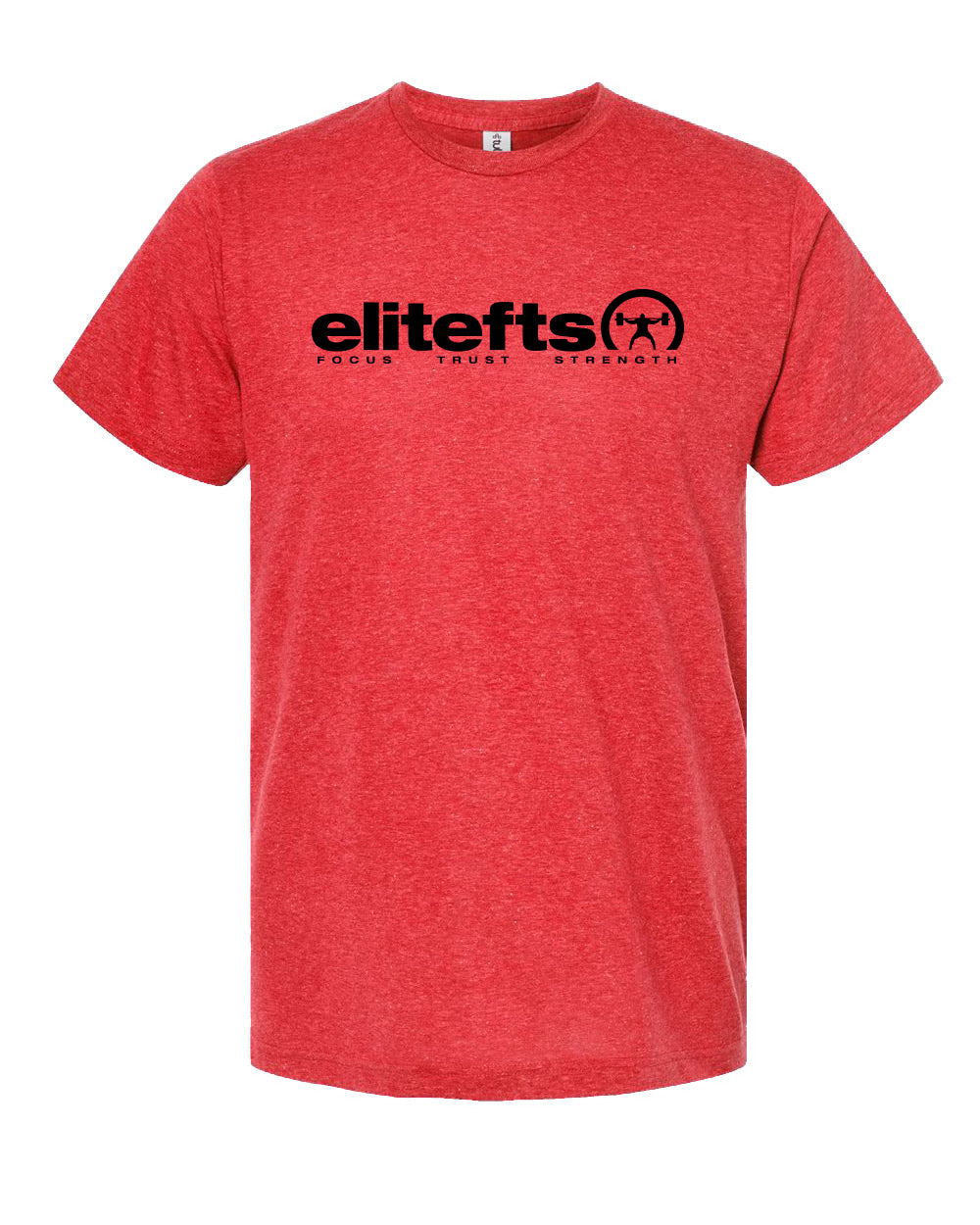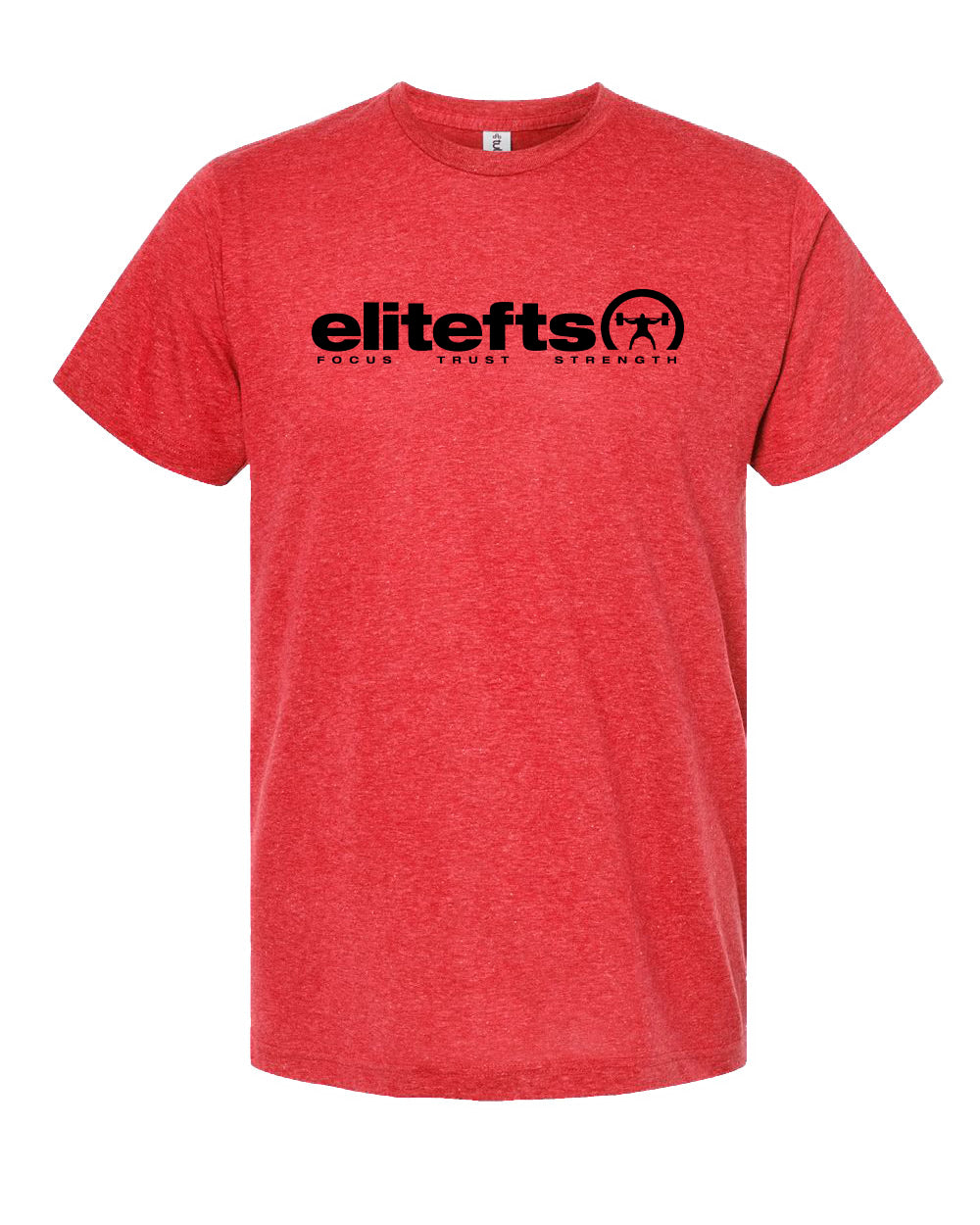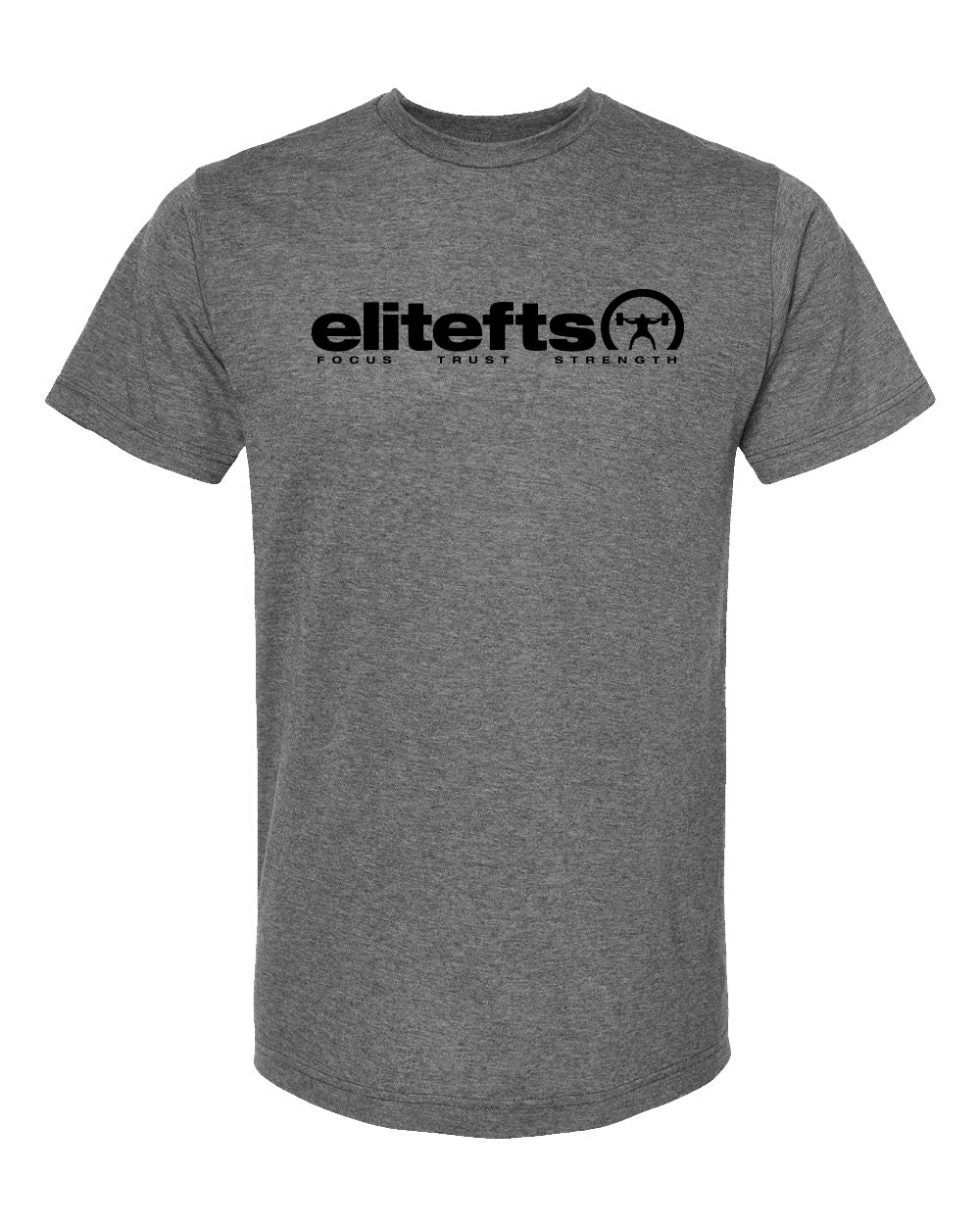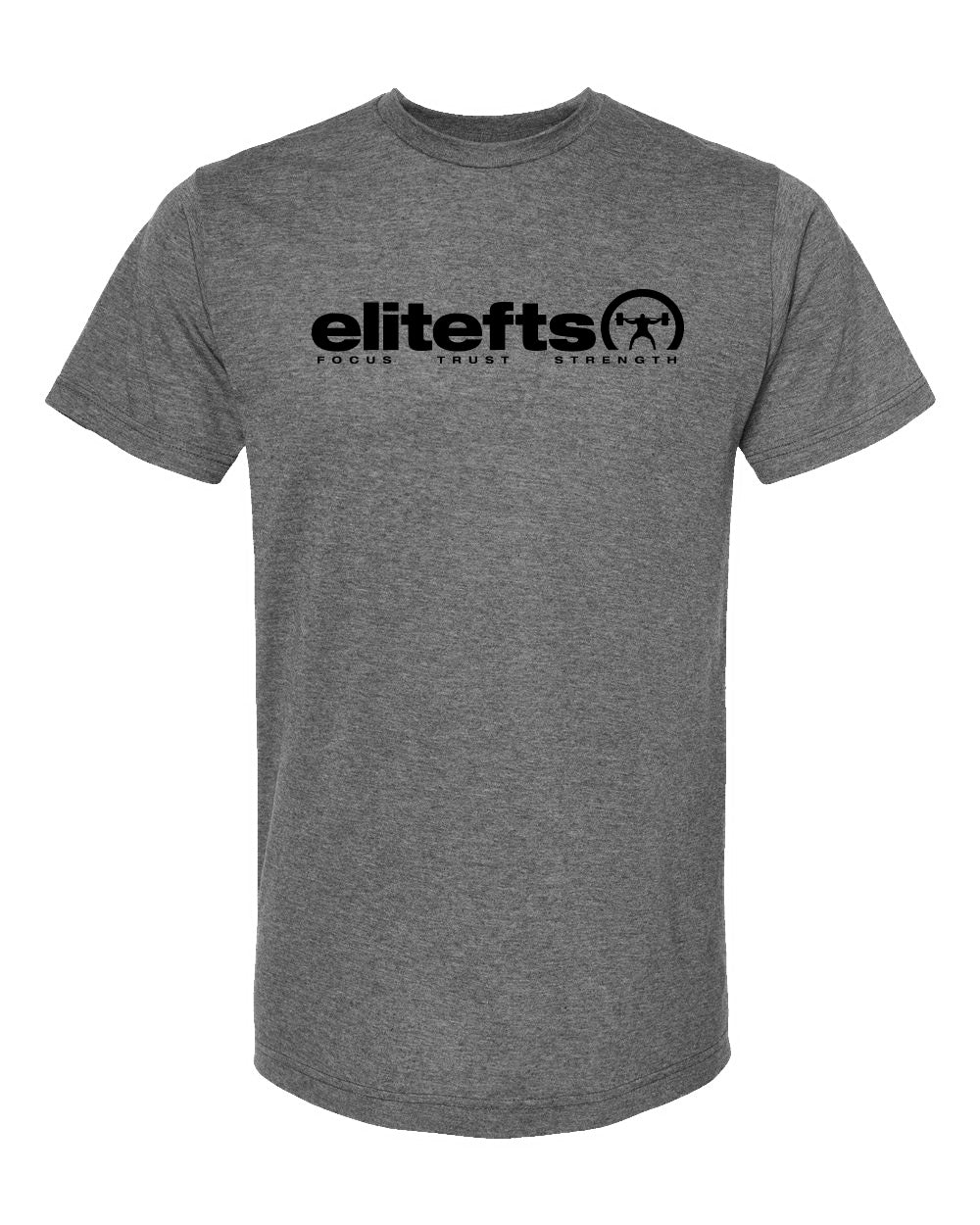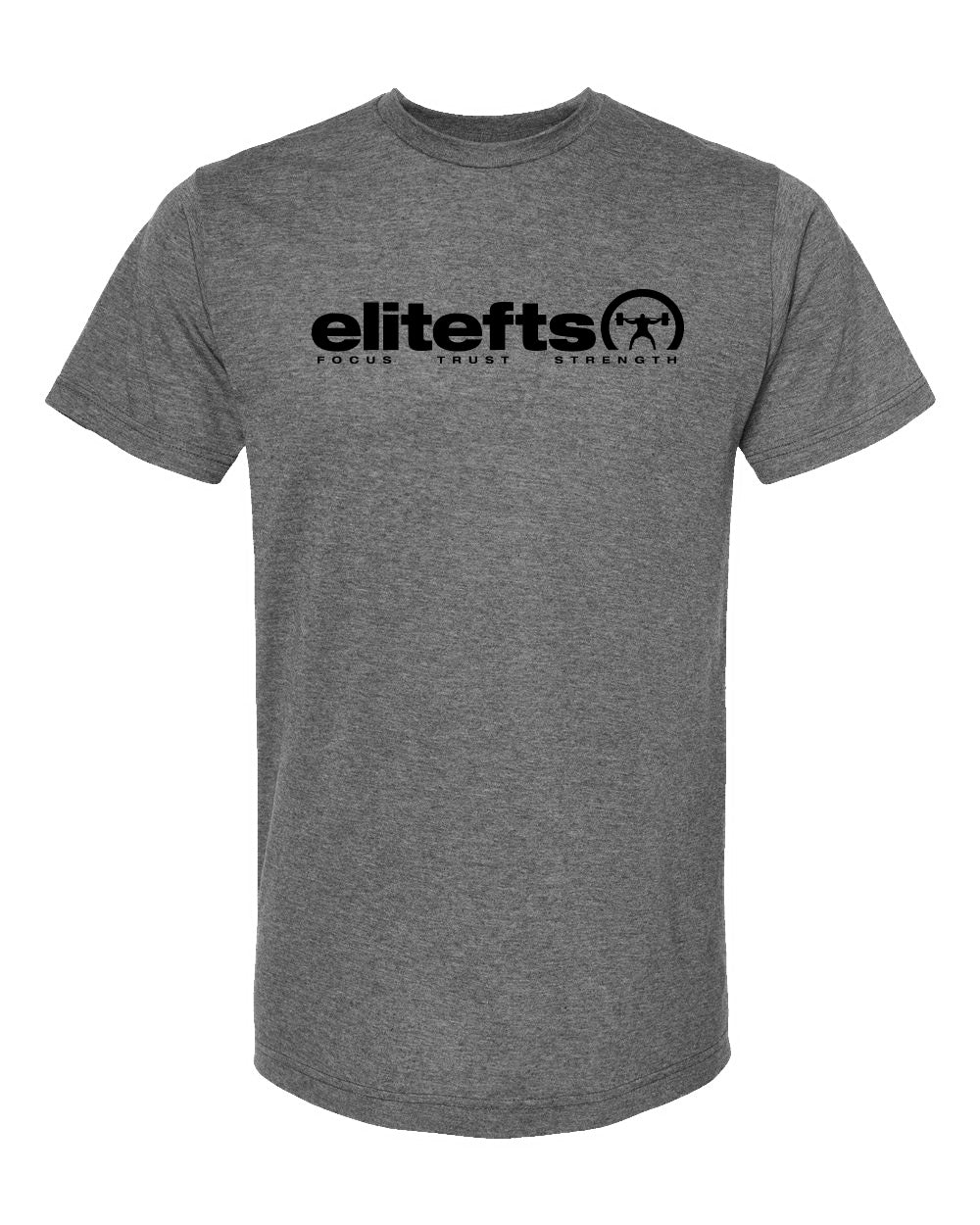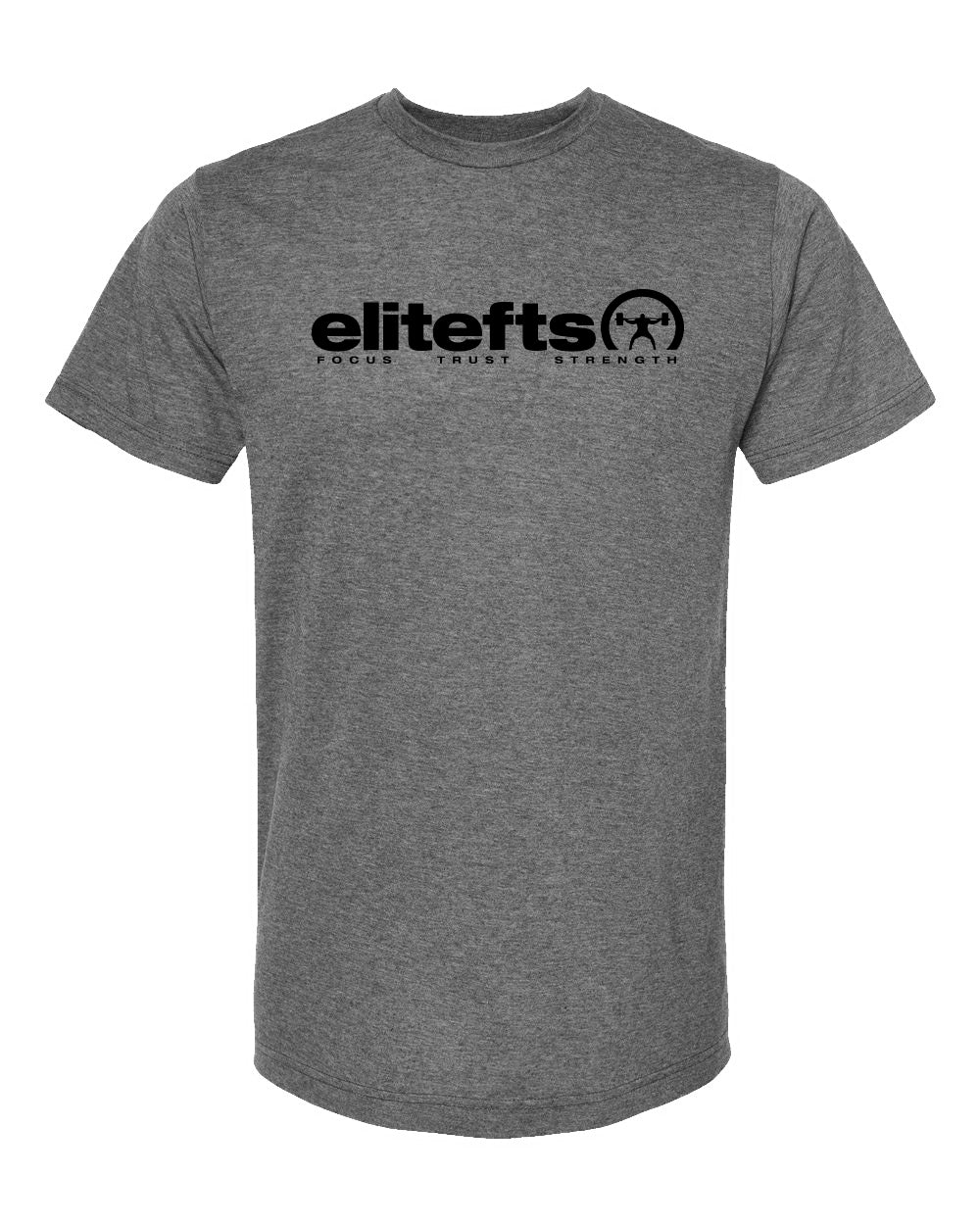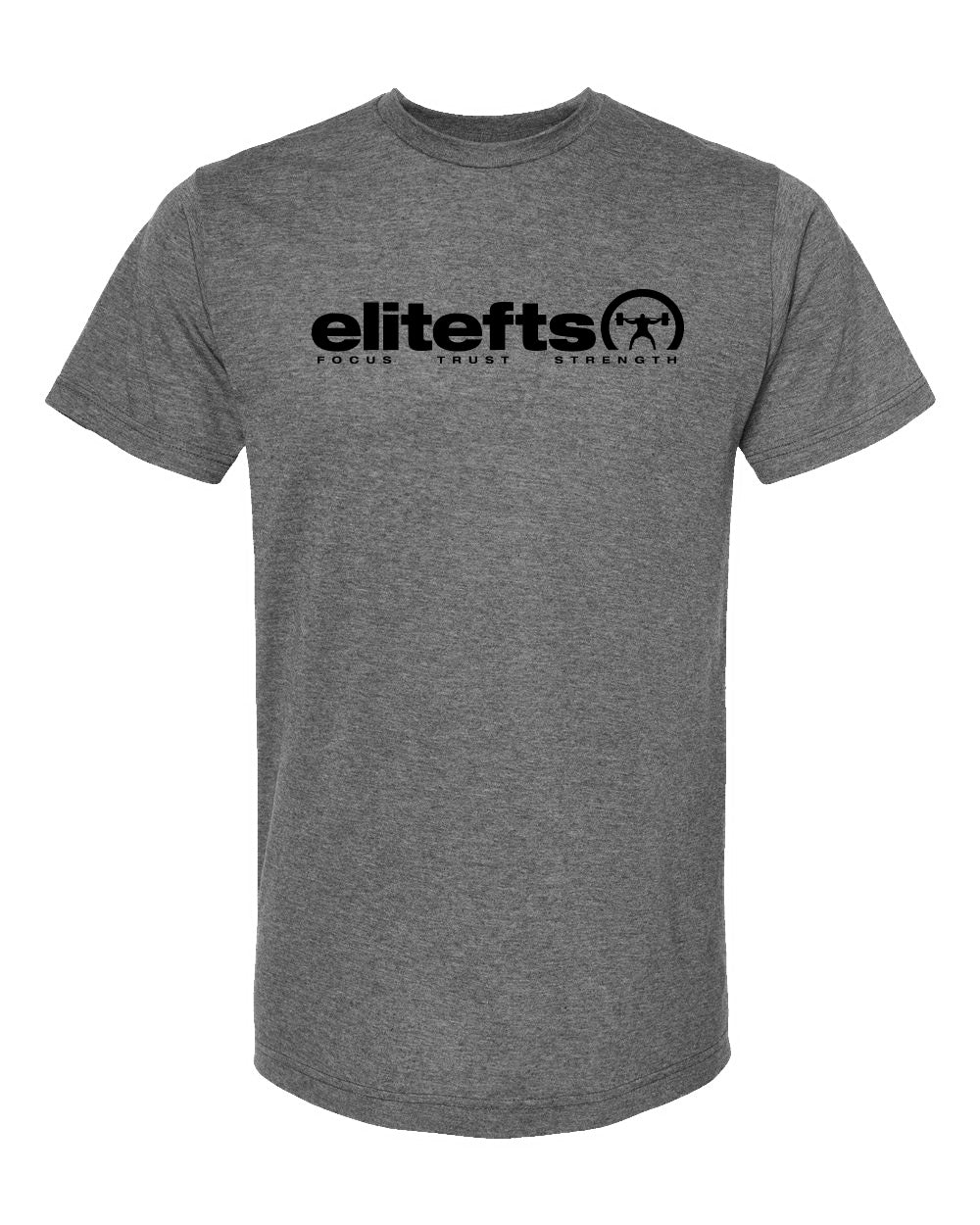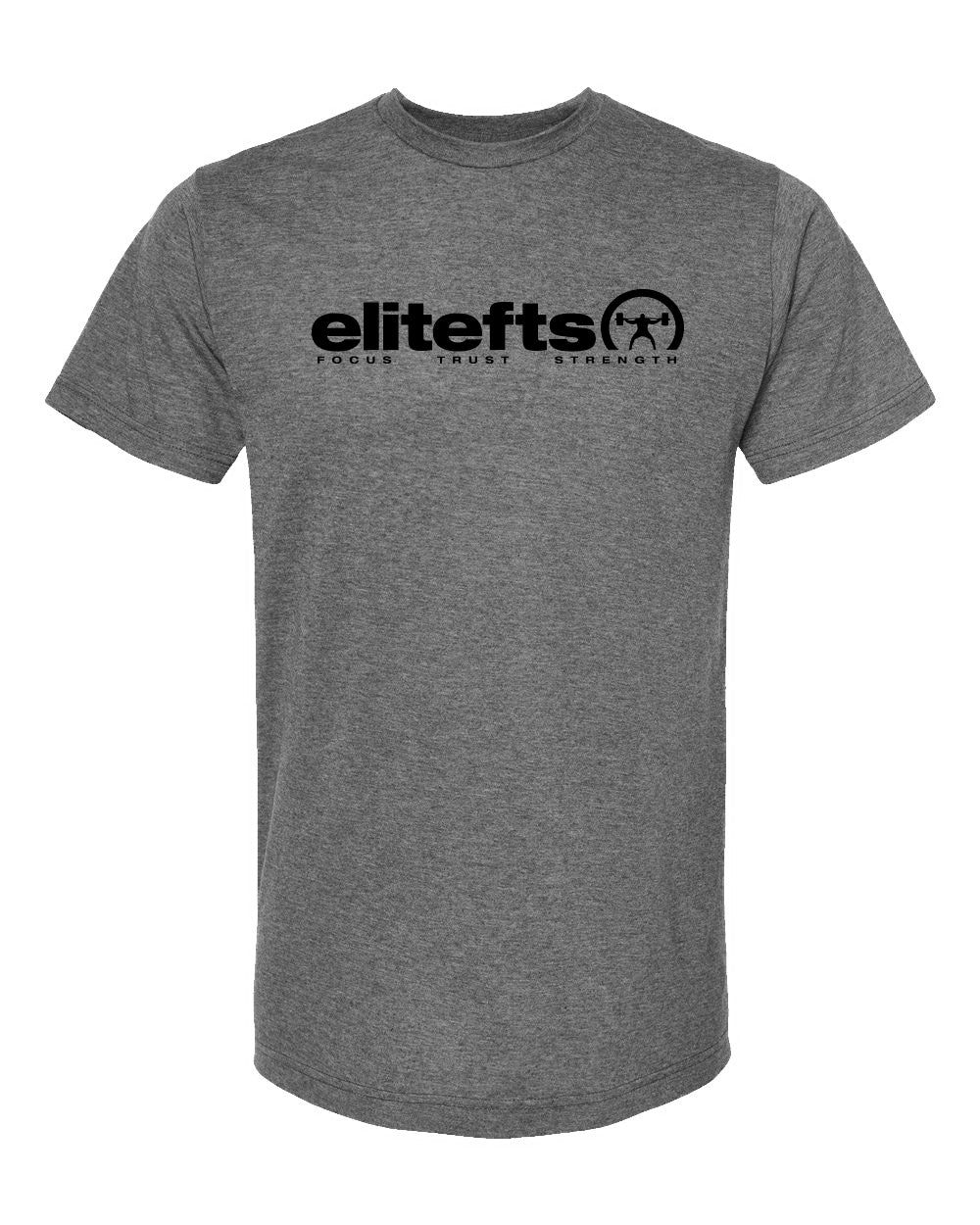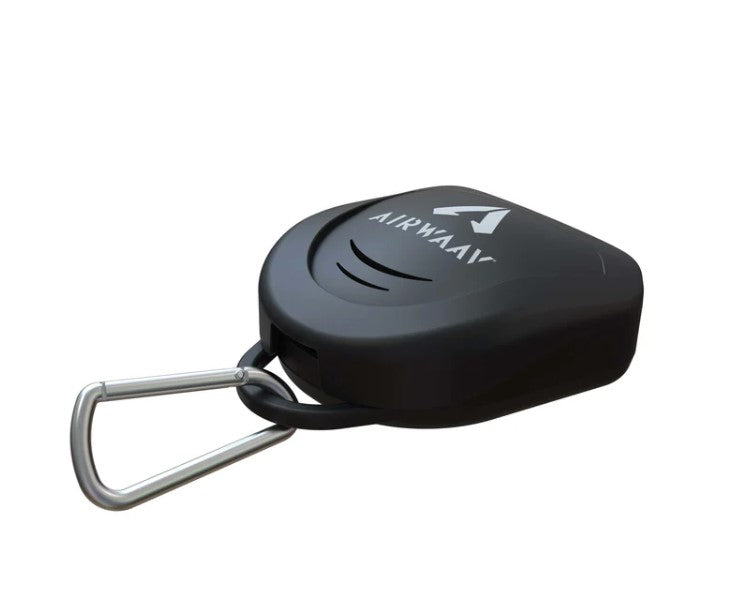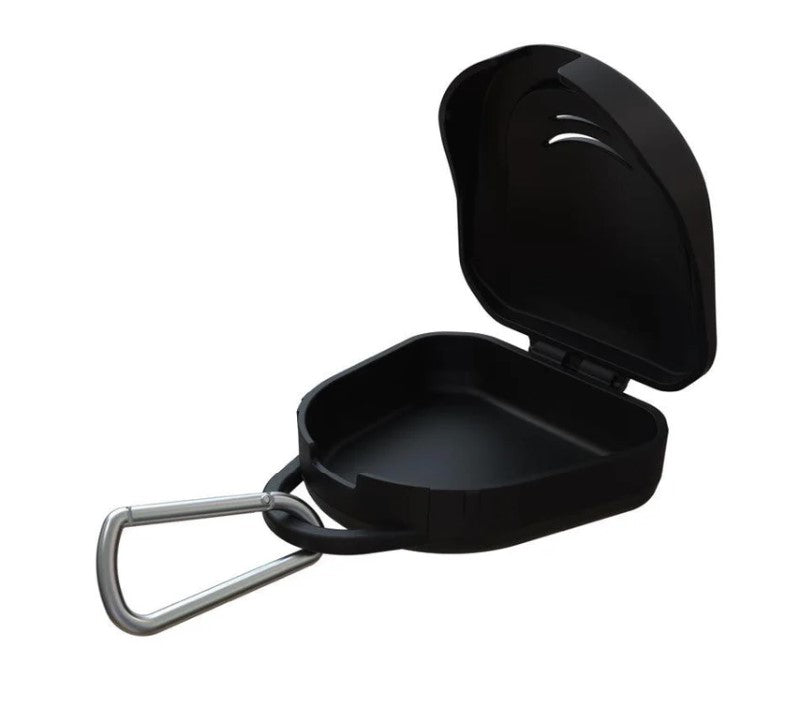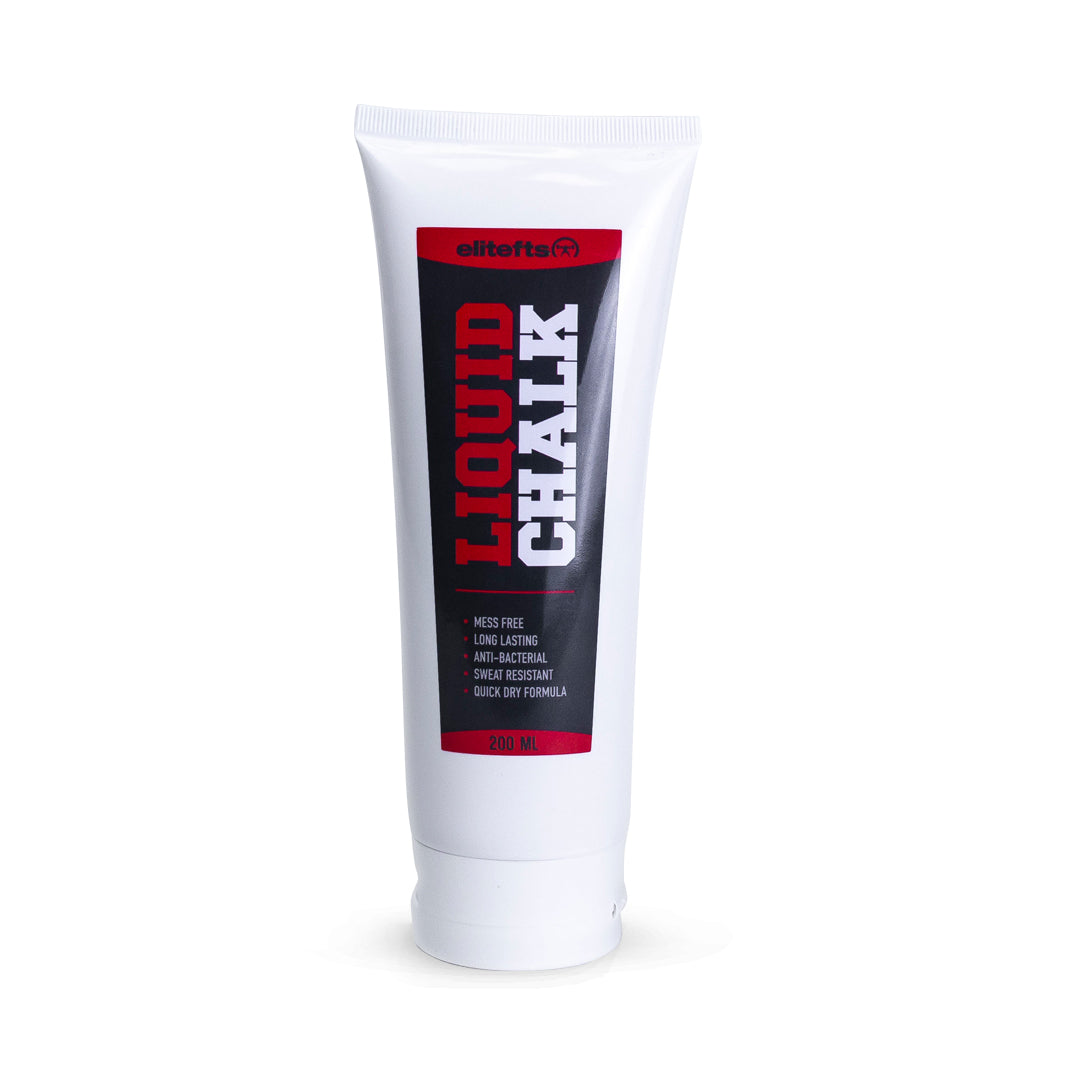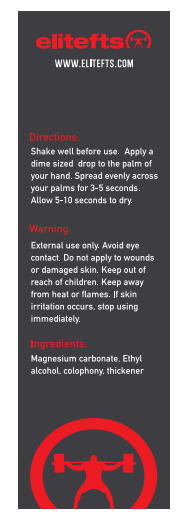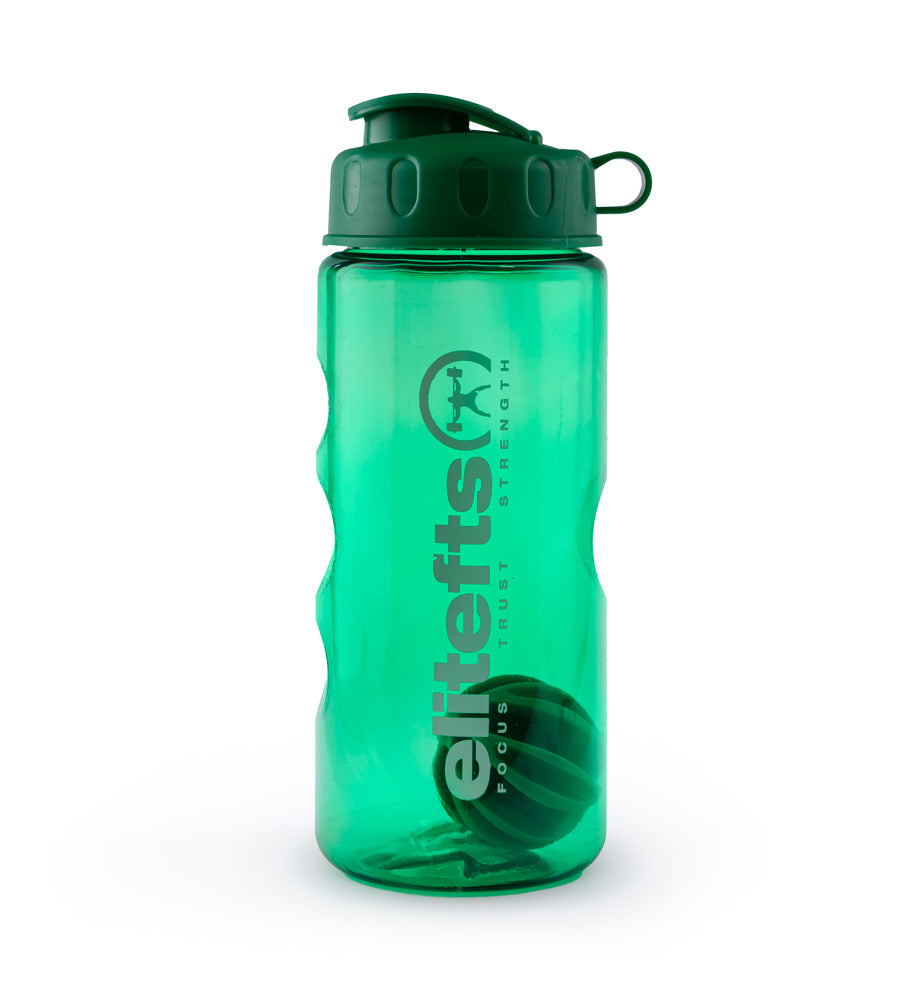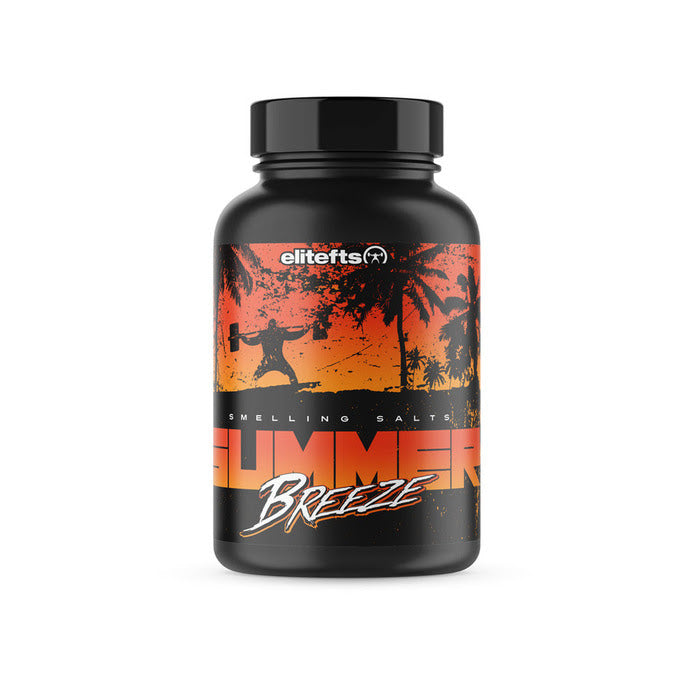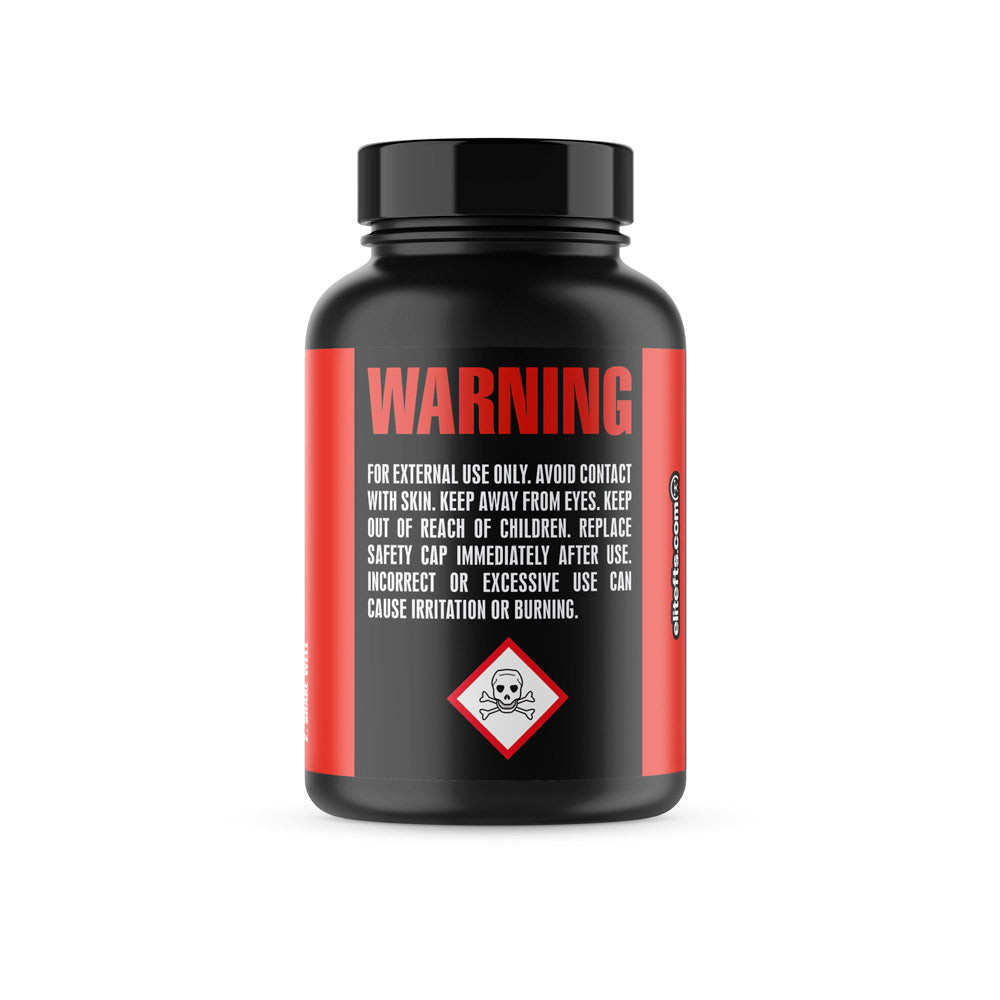I have weightlifter’s ADD. It's sad to say, but it's true. I'm one of those people who spends a great deal of their time trolling the Internet for the newest, latest, and most unconventional ways for getting stronger. Of course, with all my vast fitness knowledge, countless hours spent lifting iron, and overall craziness, I'm relatively weak. I wish I could tell you that I looked like the incredible hulk or weighed 145 pounds with a half-ton bench. The sad truth is I’m not a freak in any sense of the word. I’m fit but not freaky.
However, with my constant self-experimentation, I do have some good insight and advice in the world of strength training and fitness. I can honestly say that I'm probably stronger than the average guy with a gym membership and have managed to accomplish a few personal fitness goals as well. One of those goals is a constant weight gain (from 145–185 pounds) since I started college in late 2006 through my graduation in 2011. I took up steel bending for one year and managed to bend a few small nails before stopping and losing the skill altogether. I was also able to successfully do a free standing hand stand push-up. So here for your pleasure, I present five weightlifting myths that I've discovered through my self-experimentation. Myth 1: The biggest guy is the strongest guy. I've been there. I have been that self-obsessed, image absorbed guy who wanted to be huge. I always told myself that wasn’t the case, but truthfully, I started out weightlifting for sport-specific training and became more interested in the glamour of it all. Bodybuilders are all about the pump. While there are some very strong bodybuilders who can bench press about 600 lbs, there are also guys who are about 90 lbs lighter who can do the exact same thing. Six hundred-pound benchers in bodybuilding aren't the norm. They're the exception. Of course, strength is a hard thing to measure because there are many types of strength. However, in the pure sense of the traditional lifts—deadlifts, bench presses, and squats—the biggest guys aren't putting up the top numbers in these categories. Remember, bodybuilding is about the pump, not the poundage. Strength is just a by-product that comes along with training hard.
Myth 2: You can’t get stronger at your current weight. I can honestly say that I've tried bulking up, and despite a constant positive looking muscular weight gain, I've made relatively small gains in certain critical lifts. I will say that weightlifting starts first as a skill, second as an overall personal psychology, and third as good nutrition. Lastly, your genetic limitations at a given weight will affect your weightlifting abilities. I've never been stronger than I am right now. Currently, I'm 15 lbs lighter than my heaviest weight of 185 lbs. I was fit at 185 lbs, but I'm superman at 170 lbs in my most difficult lift—the bench. Everyone is so obsessed with the bench despite it not being nearly as critically or developmentally important as the deadlift and squat. This is, of course, a topic for another article. I have essentially become a better bencher out of the necessity to become a better lifter. I taught myself how to bench as a technical skill that requires correct positioning of the shoulders, back, and legs. You engage more muscles than just your chest in the bench, and it's important to learn how to properly lower the weight as well as push it up. There are about a hundred itsy bitsy things that can improve a bench press, but the most critical thing I've learned is body positioning. You need to know how to engage your legs, lats, and triceps and protect your shoulders so you don’t injure them. A smart lifter is a healthy lifter. There are a few correct ways to perform just about every lift and about a hundred incorrect ways. Another thing is psychological weakness. Many people sell themselves short on a lift just because they can’t believe they're trying to lift that much. The truth is most people have it in them to accomplish great feats of strength, but the psychology isn’t there. Each lifting routine should include some sort of meditation, not the Buddhist kind but some sort of routine to put you in a winning state of mind. Possibilities include listening to certain types of music, visualization techniques or screaming and self-hype ala arm wrestler Travis Bagent. If you're purely concerned about strength and have made all the adjustments but can’t seem to get stronger, gain weight. Hypertrophy isn’t the be all or end all in strength gains, but sometimes it's necessary. Myth 3: Getting stronger requires almost constant training. This is another one of those myths that isn't true. These workout splits they sell in bodybuilding magazines where a person trains five or maybe six days a week is crap. If you train that much, you might get some good definition, but you aren't going to make significant weight gains. You'll just make yourself sick with overtraining. Do you think these bodybuilders are training six days a week for most of the year? I doubt it. I can’t actually say because I've never once been close to winning a Mr. Olympia, but I can tell you that I made the biggest weight gains when I switched to a high intensity, three days a week routine. I did everything I could to reach that epic muscular failure that is so glamorized by meat heads in the workout magazines. Exercising like this allowed me to gain nearly 15 lbs in one month. So let's look at a not so scientific explanation. Muscle fibers break down. Then they get plenty of rest to grow back bigger and stronger. It doesn’t make sense that training to constant failure six out of seven days a week would make you get big and strong. When does your body have time to recuperate? Hypertrophy is due to microtears in your muscle fibers. If you're always tearing and splitting those fibers, they aren’t going to have a chance to adapt. In fact, you will just make yourself sick from overtraining and then you won’t be able to work out. So you're doing yourself a favor when you give yourself an extra day of rest. The same goes with powerlifting. If you don’t hit that weight you were gunning for, you probably need to take a rest so that your body can heal and come back stronger. Myth 4: Increased flexibility makes you weaker. There is this idea that stretching will make you weaker. While there may be some truth to this, it is still only a half truth. The number one purpose of stretching is to prevent injury and remove tightness from muscles. Yet for some strange reason, people view stretching as sissy and they completely avoid the practice. Those people often are the ones who complain of bad backs from years of deadlifting heavy weights. To a degree, if you stretch before a workout, you are in a way overworking your muscles before lifting and could be making them weaker. Of course, that is only a temporary result of stretching. Stretching is something that should be done usually in between sets or after a workout. It will help remove blood from your muscles and relieve some of that next day soreness. Of course, there are some other benefits of stretching that weightlifters may not be aware of. Stretching can be effectively used to increase muscle fullness in hypertrophy. If you don’t believe me, it's time to seriously look into DoggCrapp (DC) training. In DC training, weighted stretches are used to help pack on that extra density in a targeted muscle area.

Myth 5: You need fancy protective equipment when you're lifting. If you can’t deadlift 300 lbs without a belt or without any straps, you aren’t strong enough to deadlift 300 lbs. There is this mindset that to be a lifter you have to wear straps, expensive tennis shoes, and a weight belt. This is false! None of that stuff is necessary. In fact, almost all of that hinders your strength gains. I'm sure there comes a time when maybe some of those things are necessary, but when you consider that Louis Cyr—quite possibly the strongest man to have ever lived—deadlifted over 500 lbs without using any belts, straps, or expensive shoes, those things sort of seem pointless. I can’t stress technique enough. There is a lack of technique, which is primarily why people wear belts. Most people in a YMCA or college recreation center aren't world powerlifting champions like current world strongest man, Zydrunas Savickas. I have yet to see in person someone deadlift 800 lbs at an everyday run of the mill gym. Until you're an elite powerlifter, there isn’t any need for a belt. Read about muscle tension in
Pavel Tsatsouline’s Power to the People. It will become clear that bracing your muscles tightly before a lift acts as a natural weight belt to protect your spine. Straps are another one of those things where unless you're an elite powerlifter, you have no business using them. You’ll notice that at most gyms these amateur bodybuilders will be shrugging 100-lb dumbbells using straps. These guys are weak. I’m sorry, but they're severely limiting their bodies' development. Don’t shrug or deadlift more than you can grip. If you can’t grip it, you need to go back to the drawing board and work on getting your hands stronger. Stronger hands equal a stronger lifter. The harder you can grip something, the tenser your body becomes, which allows you to lift more. Even in exercises like the bench press, a strong grip can make the difference in setting that new personal record. As for shoes, many lower back, knee, and ankle problems come from modern shoes. Scientists are discovering that the injuries shoes are designed to prevent actually cause them. Forget about lifting weights in Air Jordans. Your best bet is going barefoot. If you can’t go barefoot, wear something flat like Converse Chuck Taylors, Vibram Five Fingers, or some of those water shoes you buy at the beach. Why? For lifters, you'll be lower to the ground and have less distance to move a weight off the floor. Because you aren't as high up and you're standing flat instead of in a pronated position, you're less likely to roll your ankles and knees. You'll get more muscle activation as well when you're wearing a minimal amount of shoe because you're forcing those underused muscles on the bottoms of your feet to actually work. I can’t stress technique enough. I know there will be some first time lifters who read this and think they can just pull weight off the ground without a weight belt. Technique is always the most important thing to learn in weightlifting, and anyone considering doing it should research and train technique before attempting to lift heavy weights. Be smart before you lift heavy. Make sure to talk to your doctor before starting any kind of exercise program.






